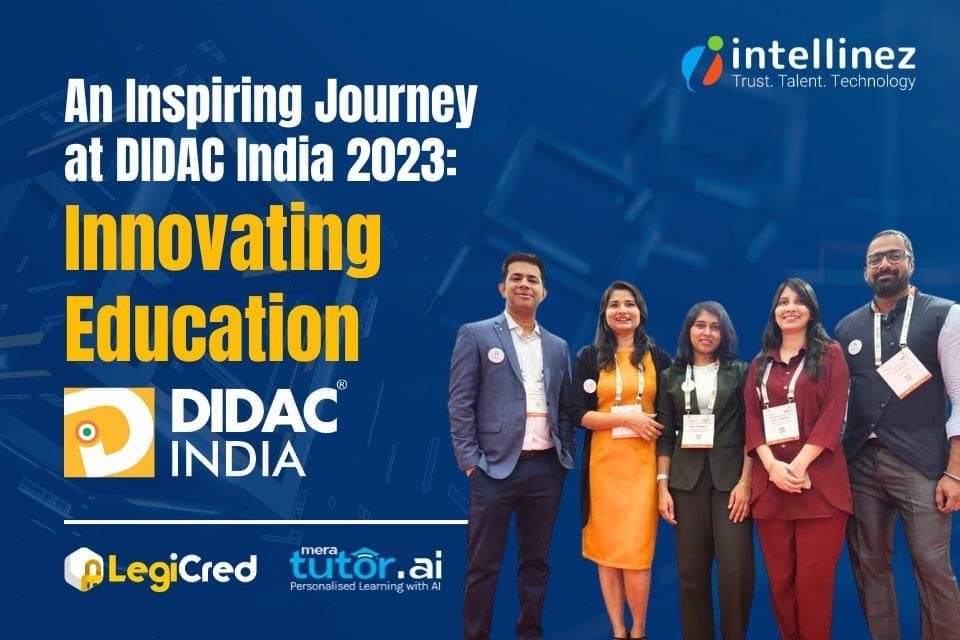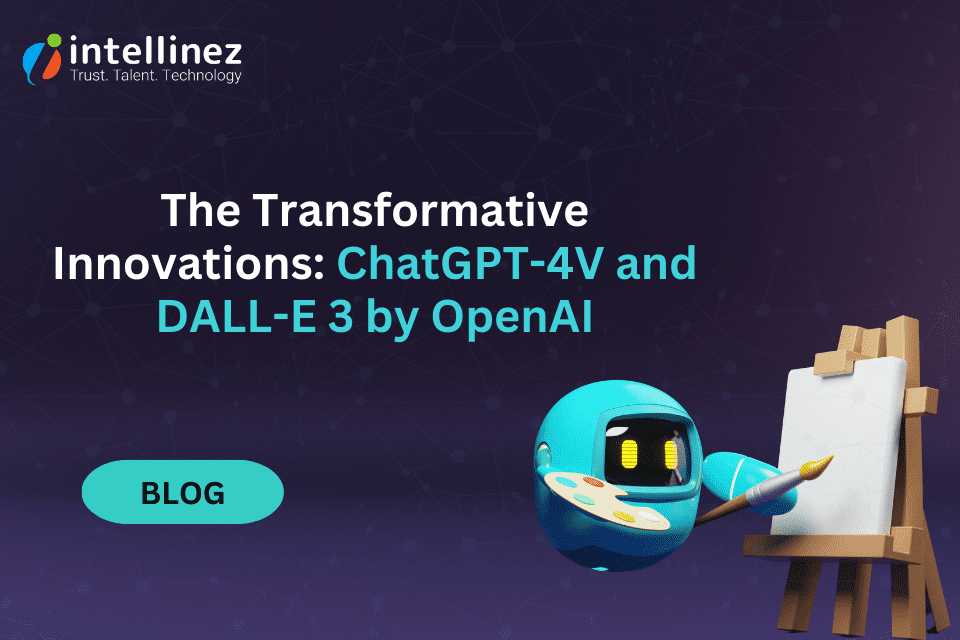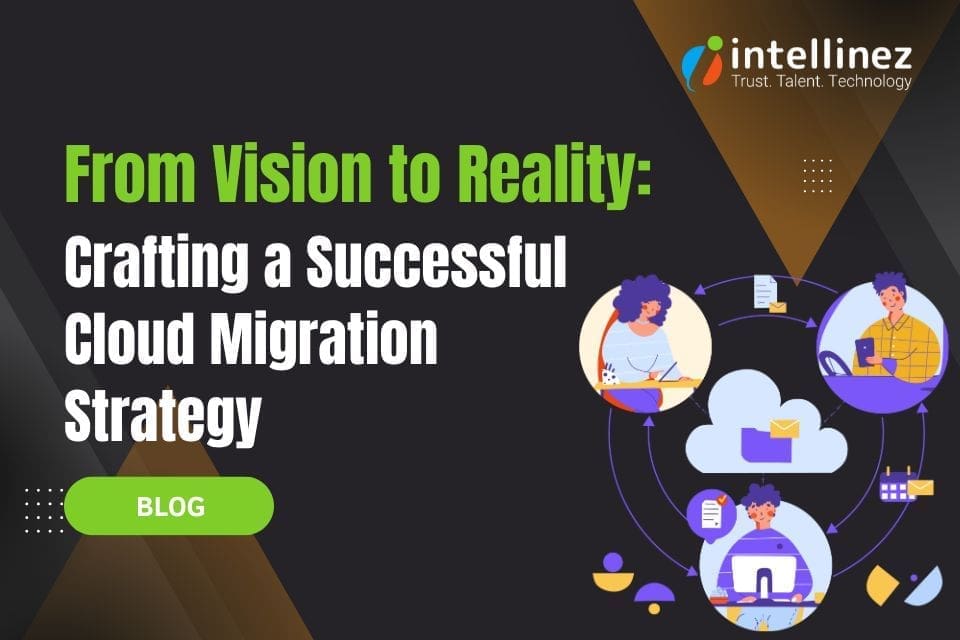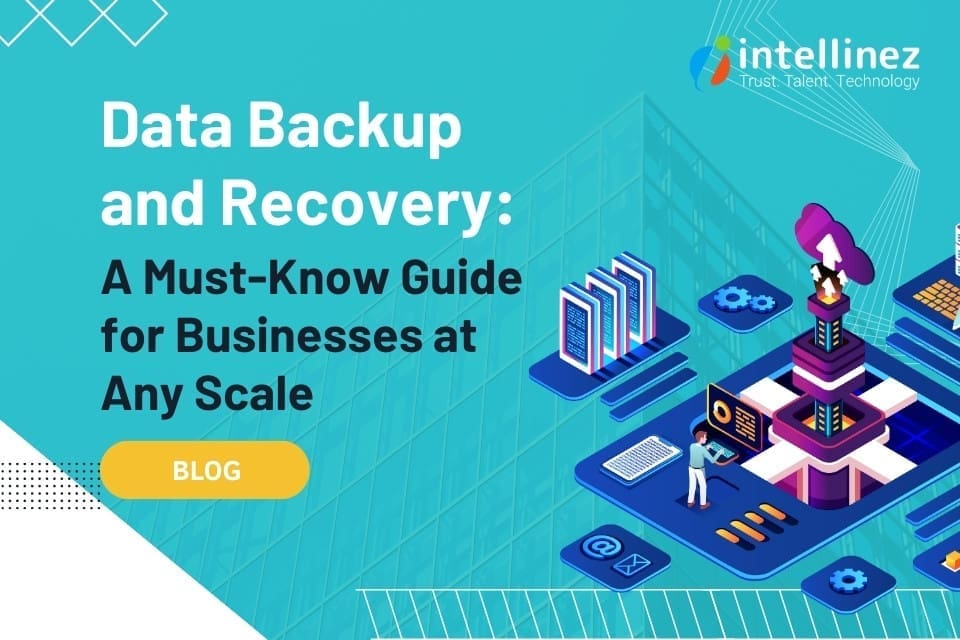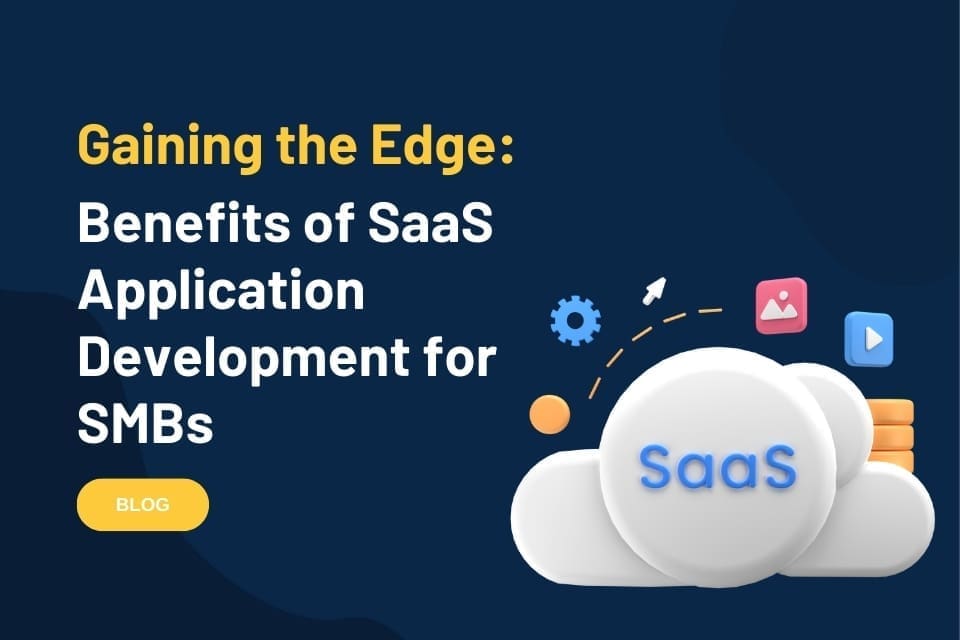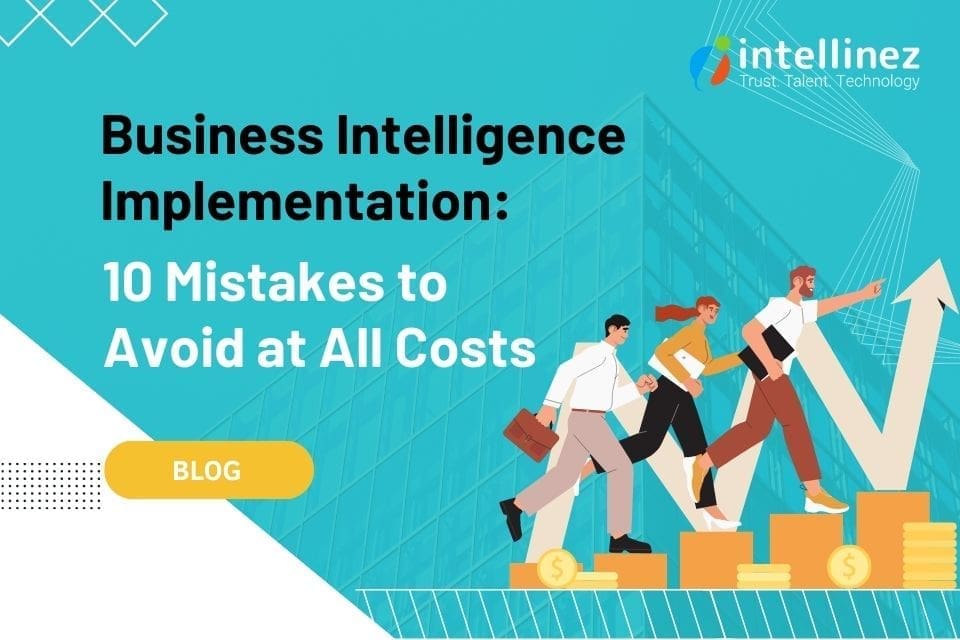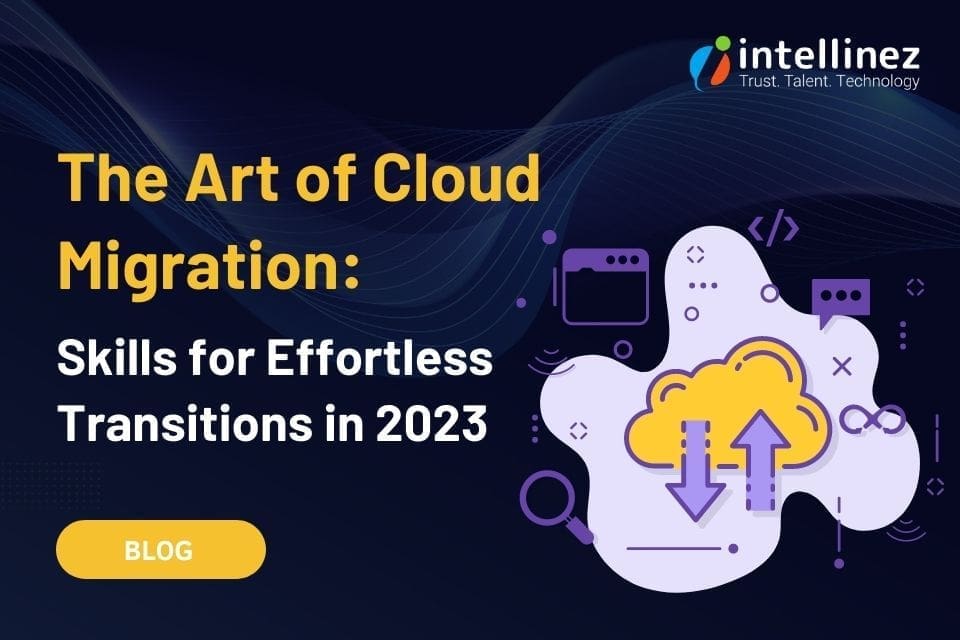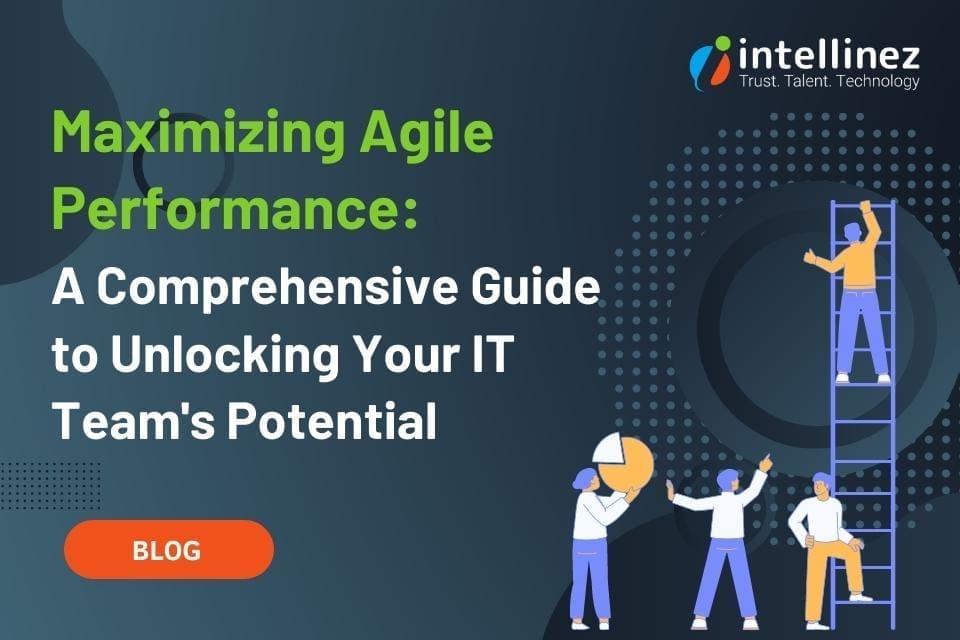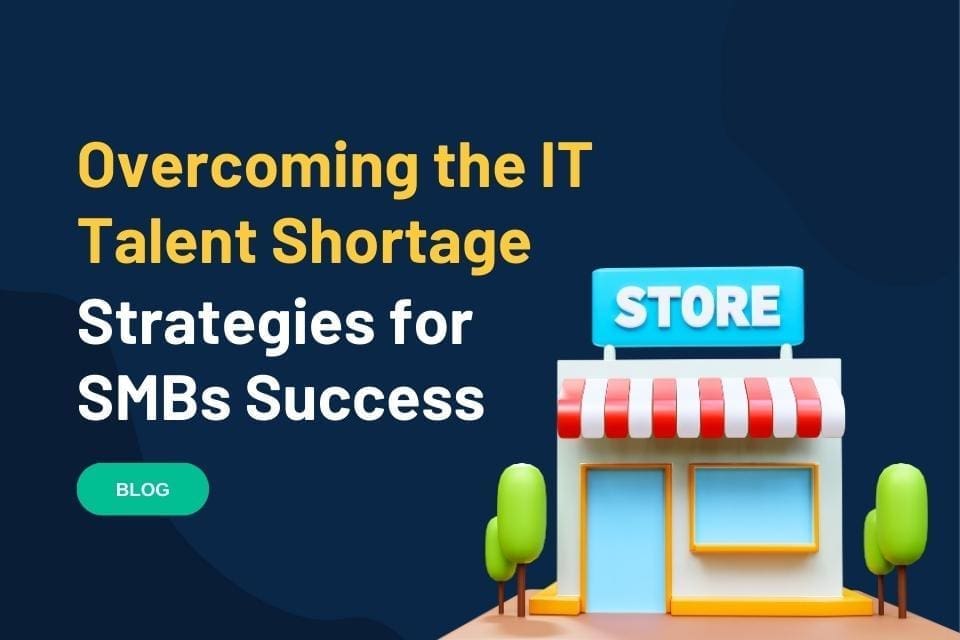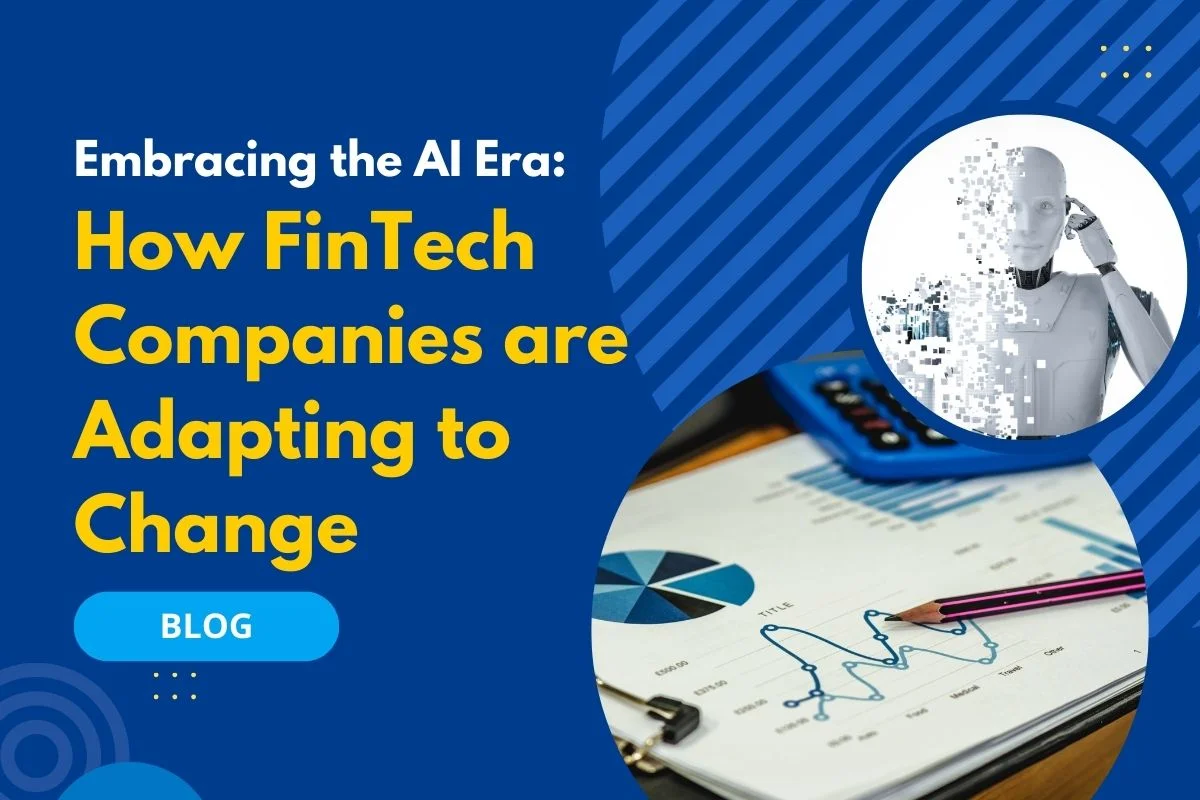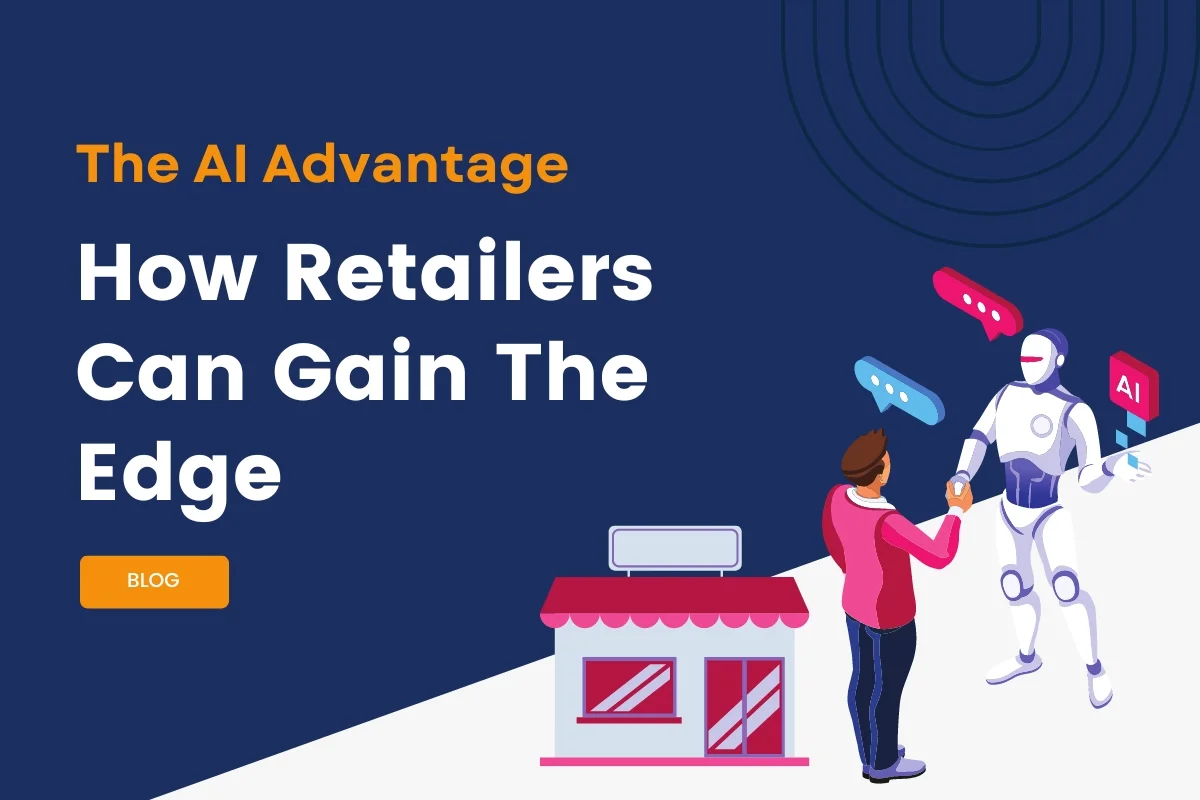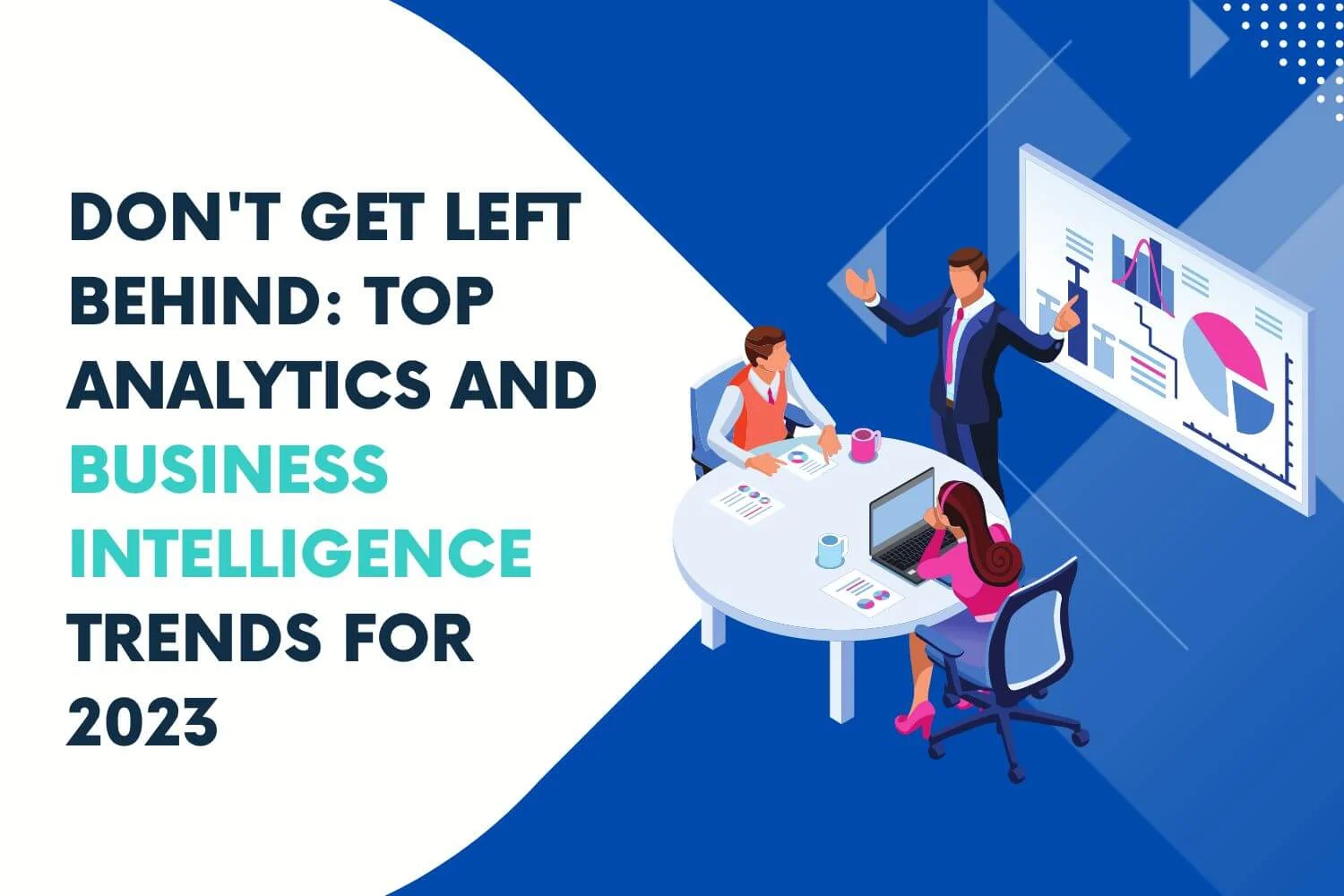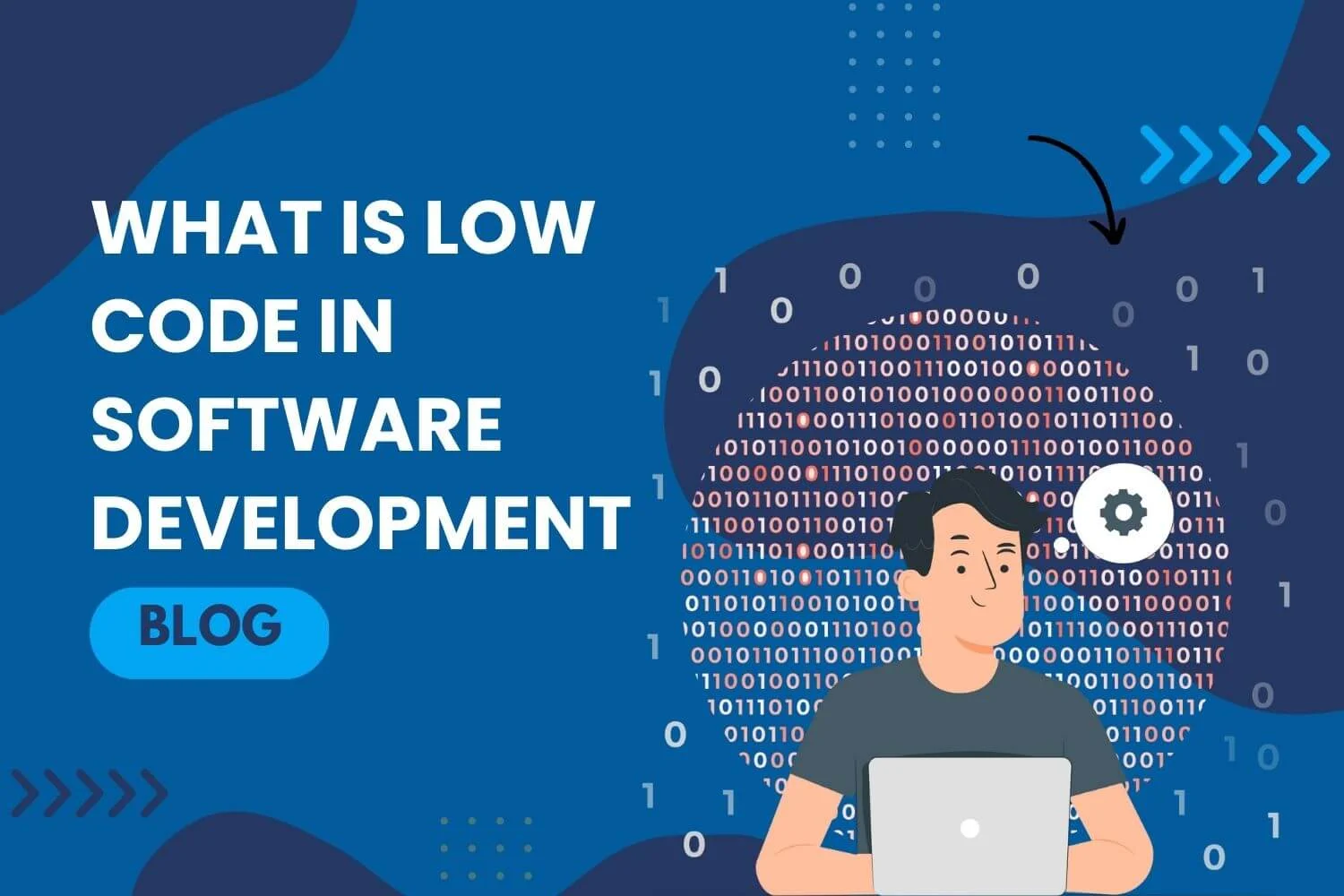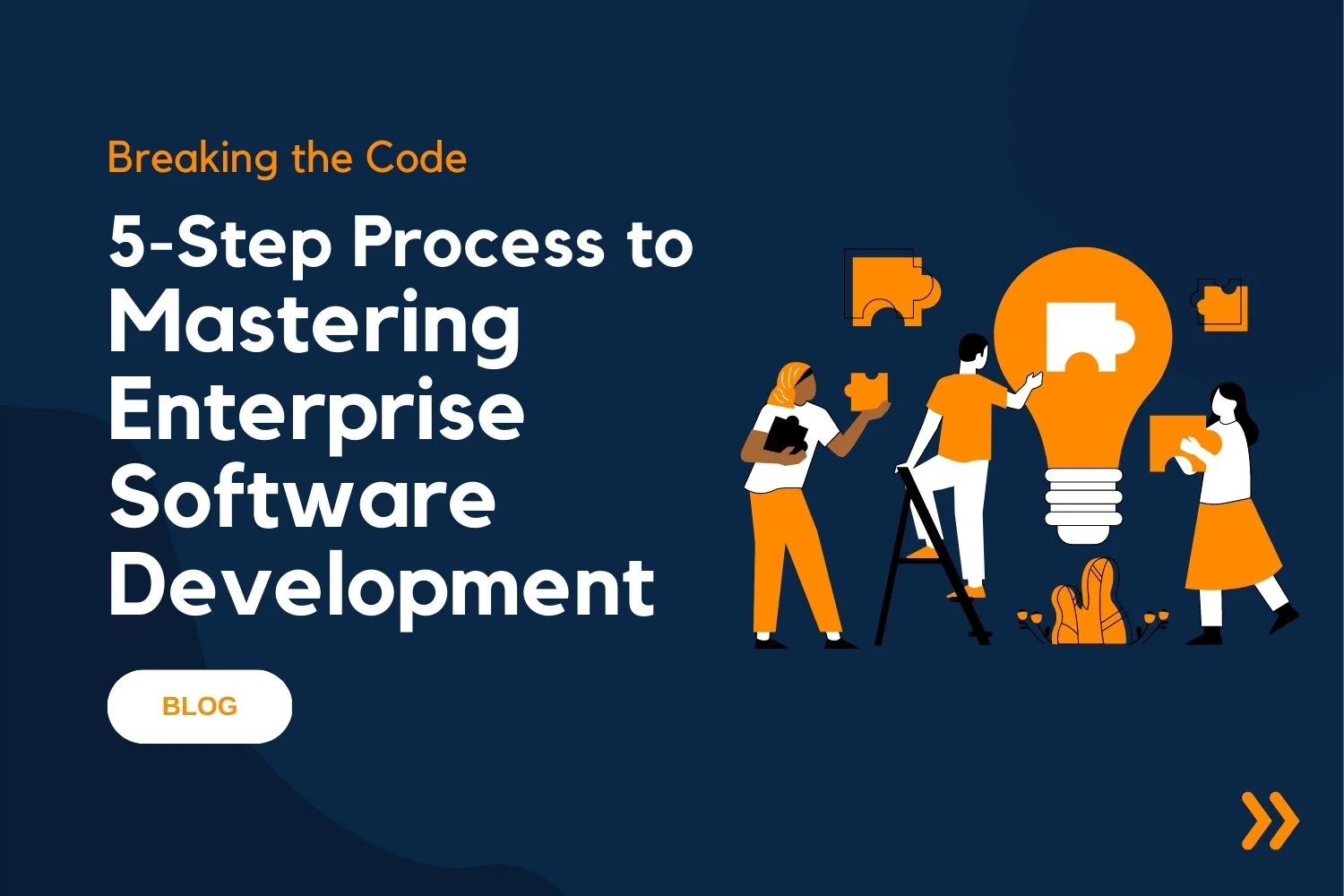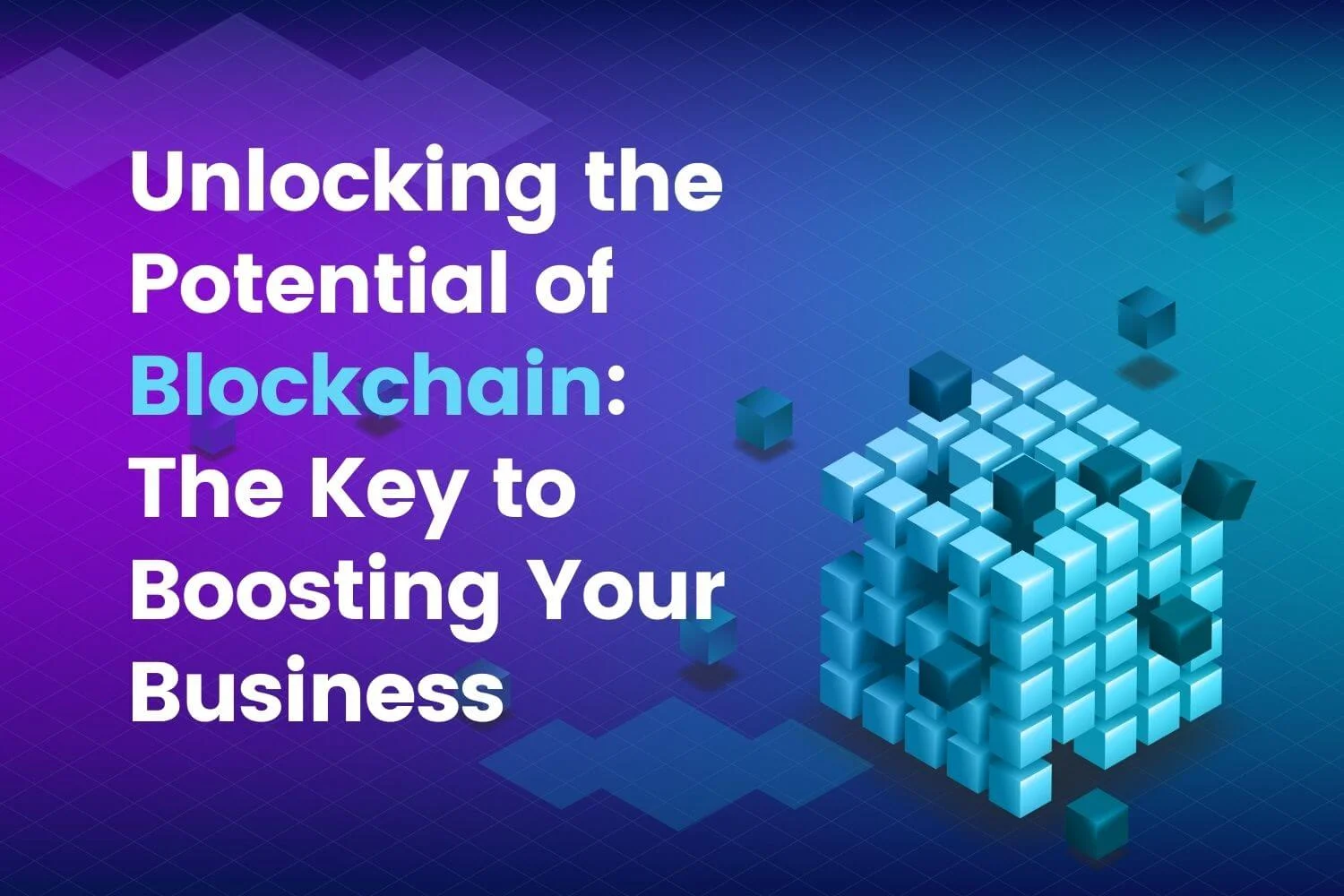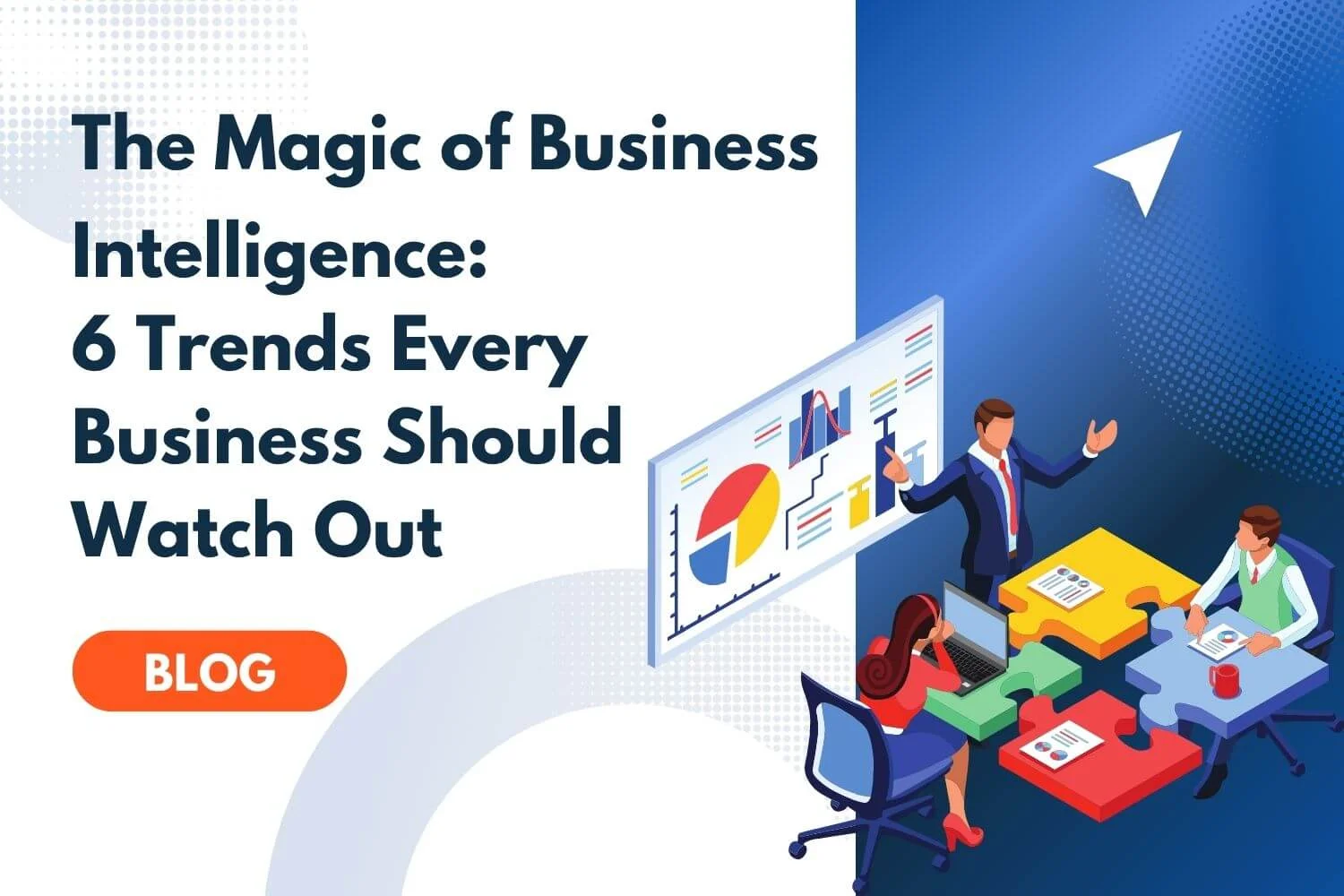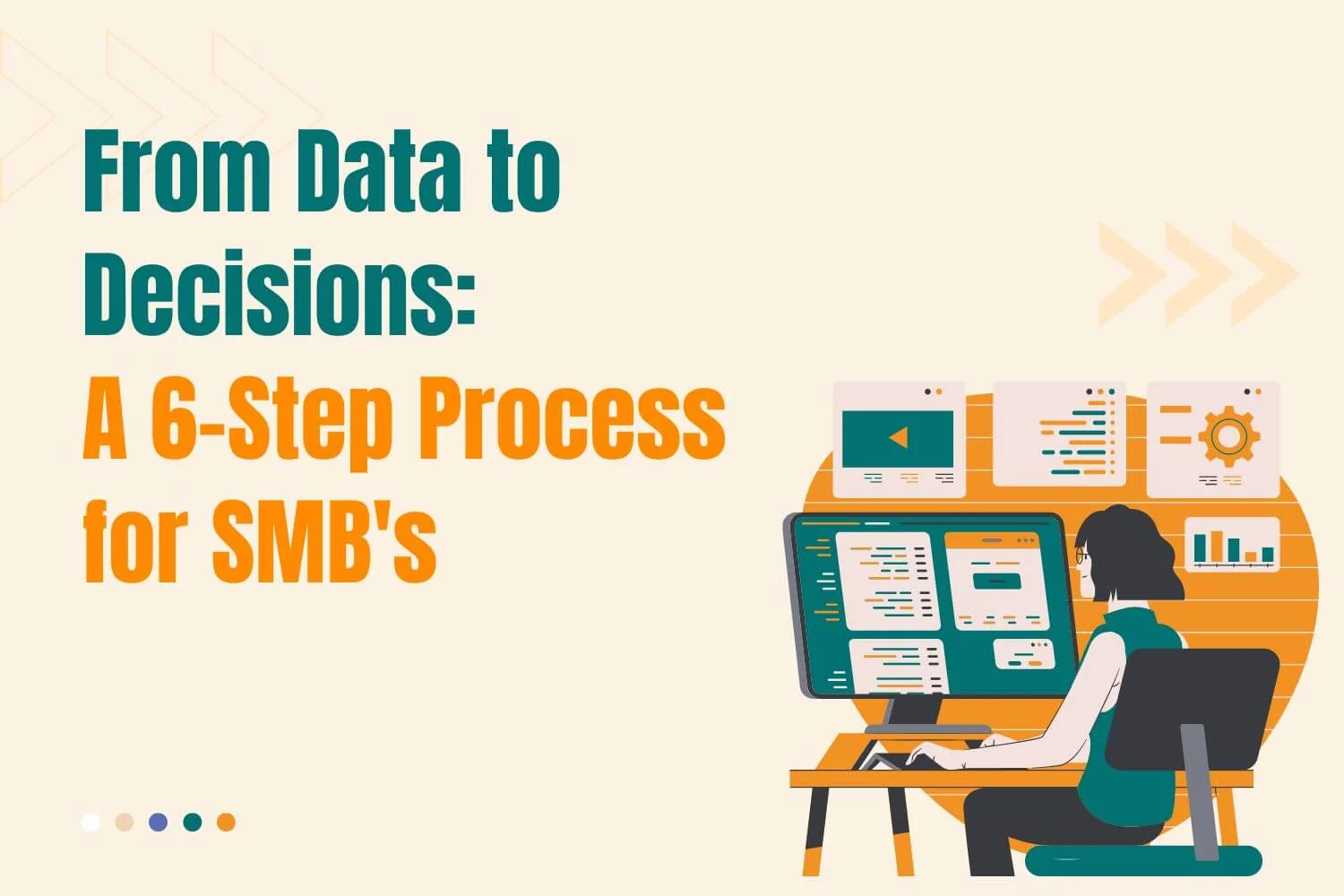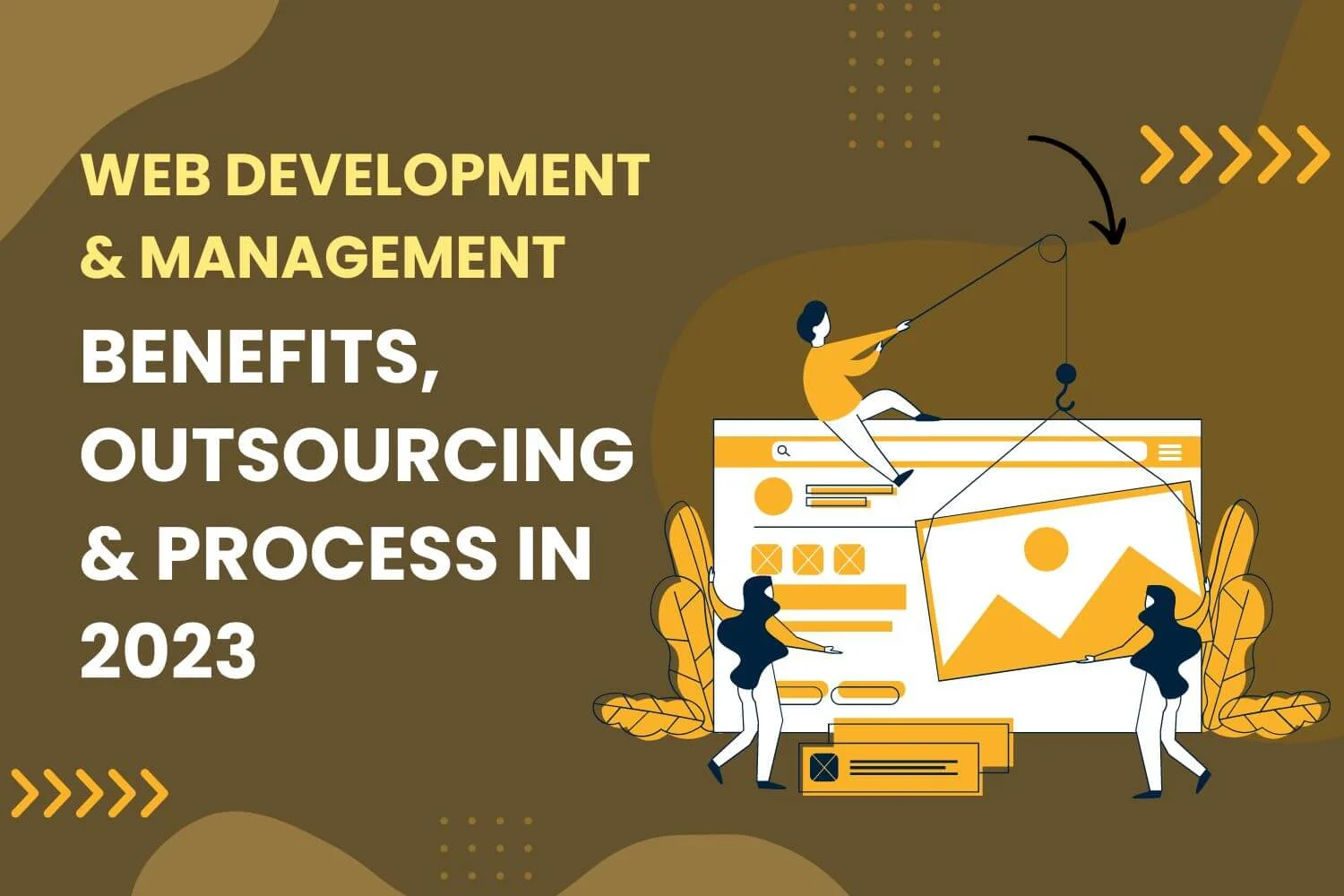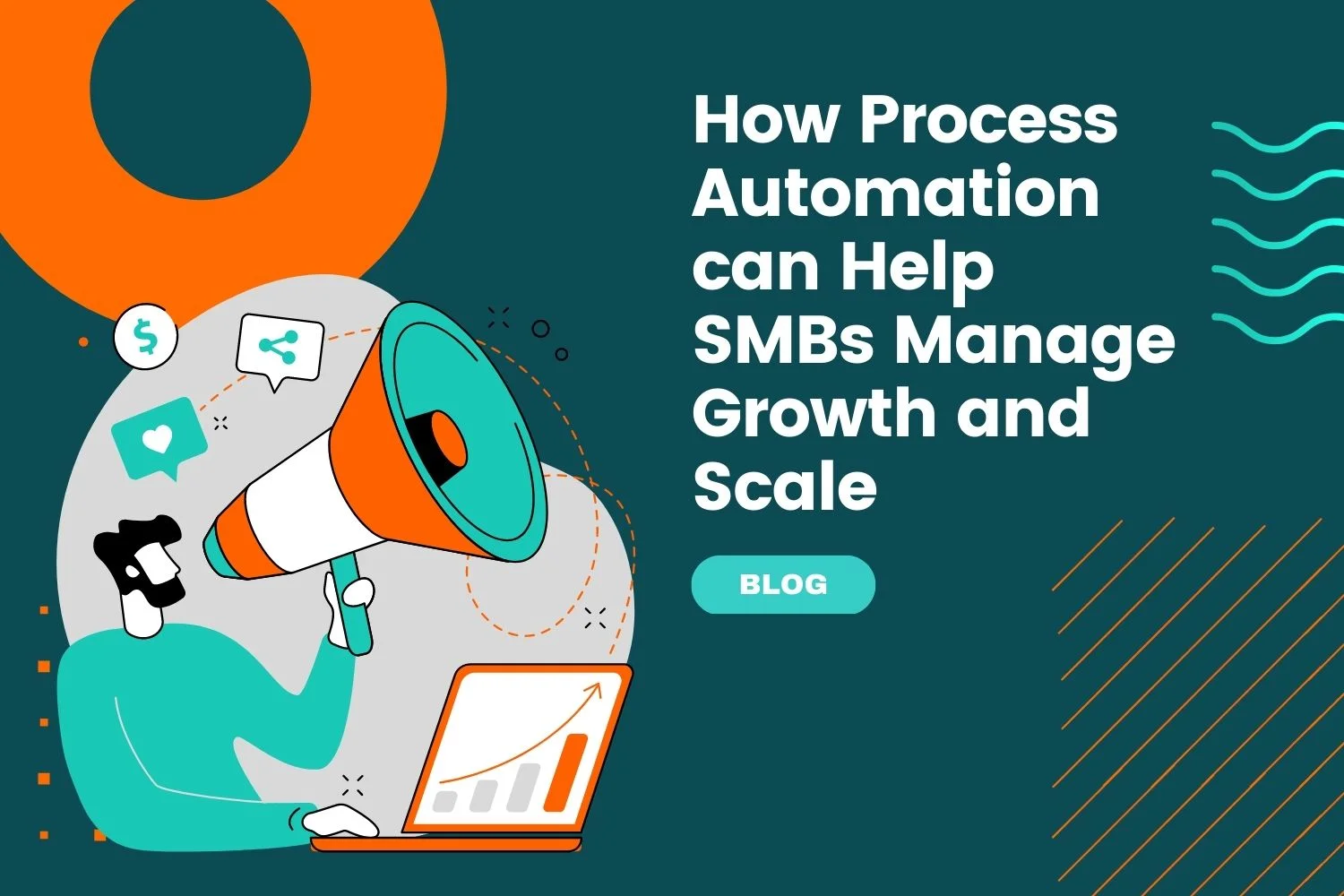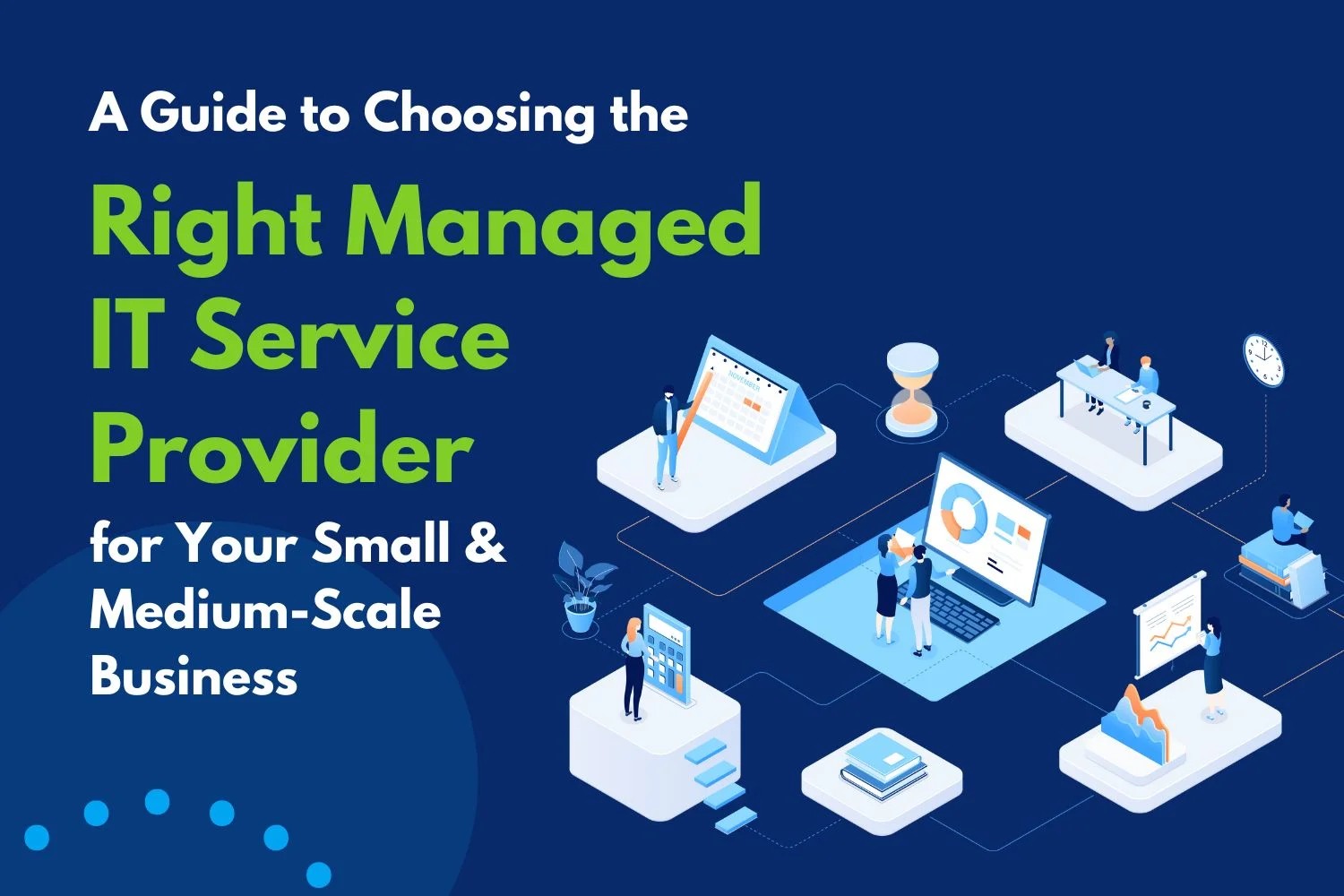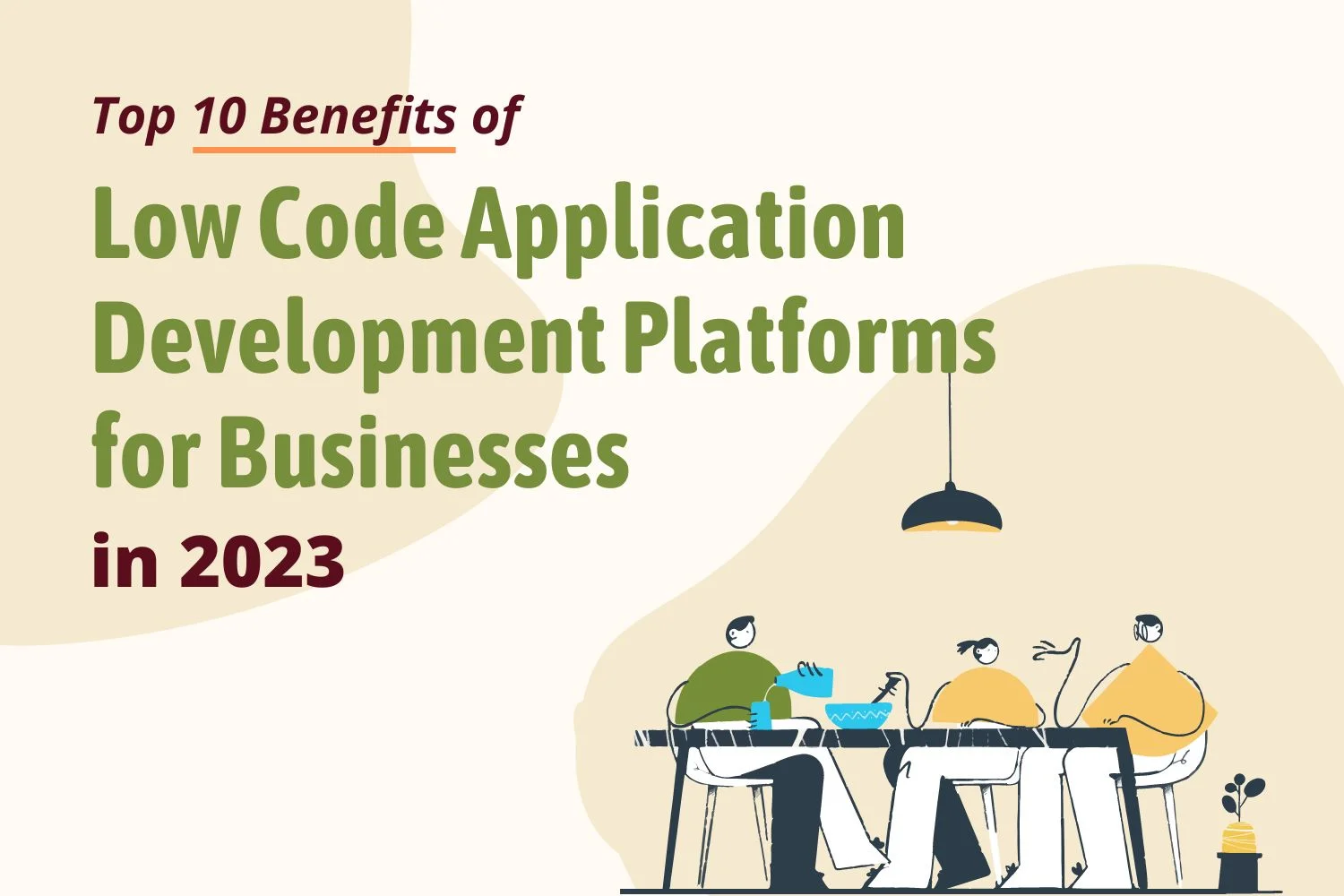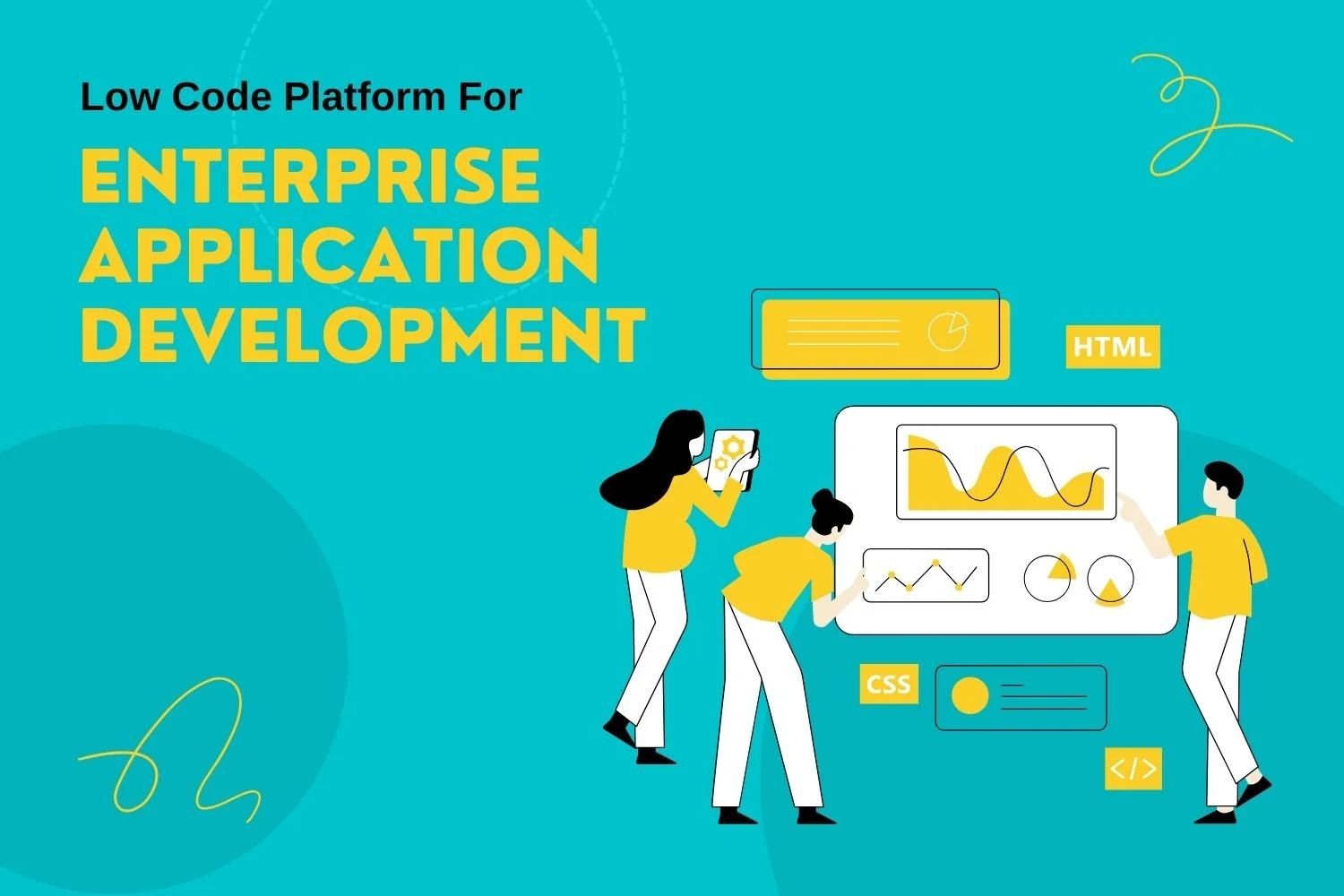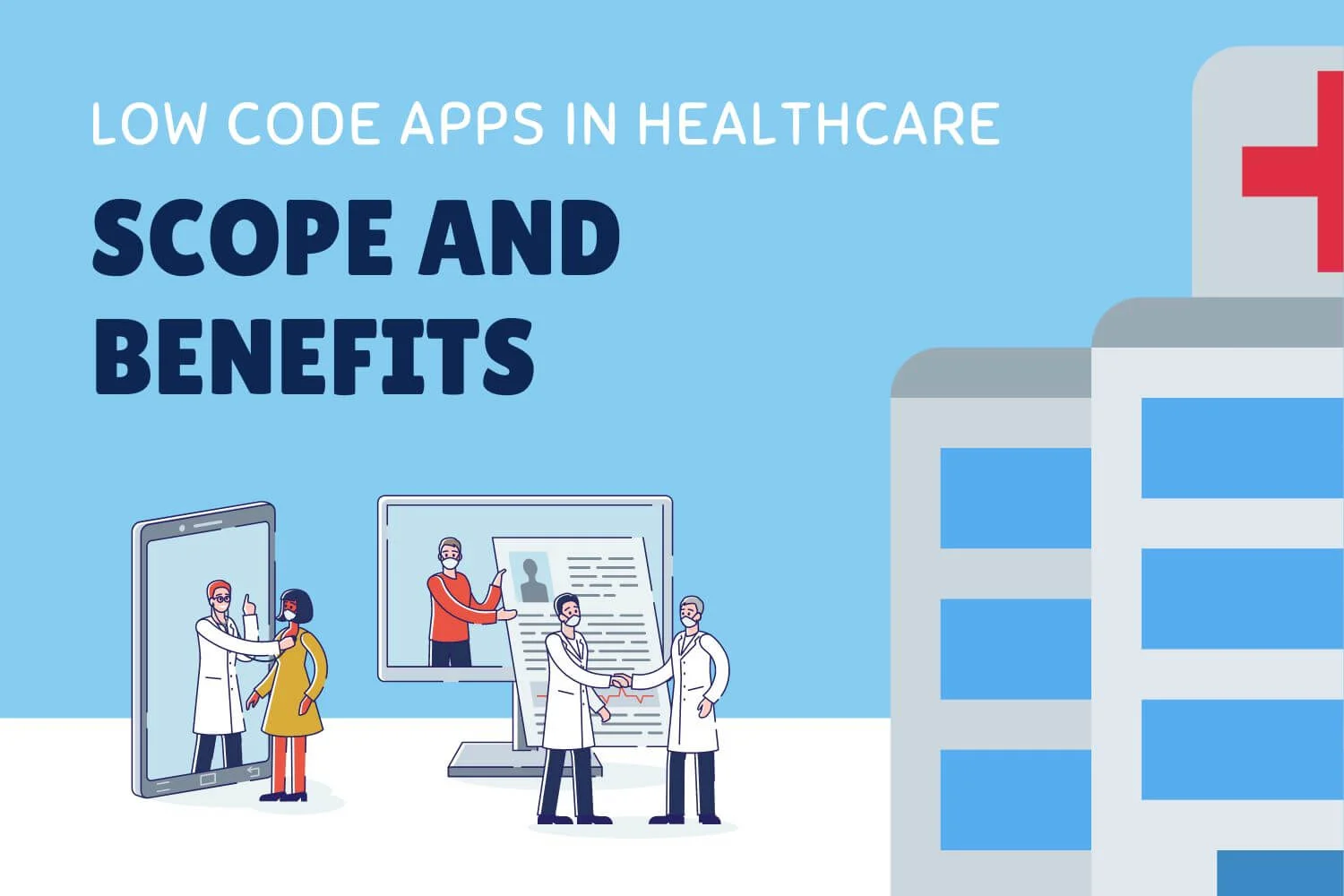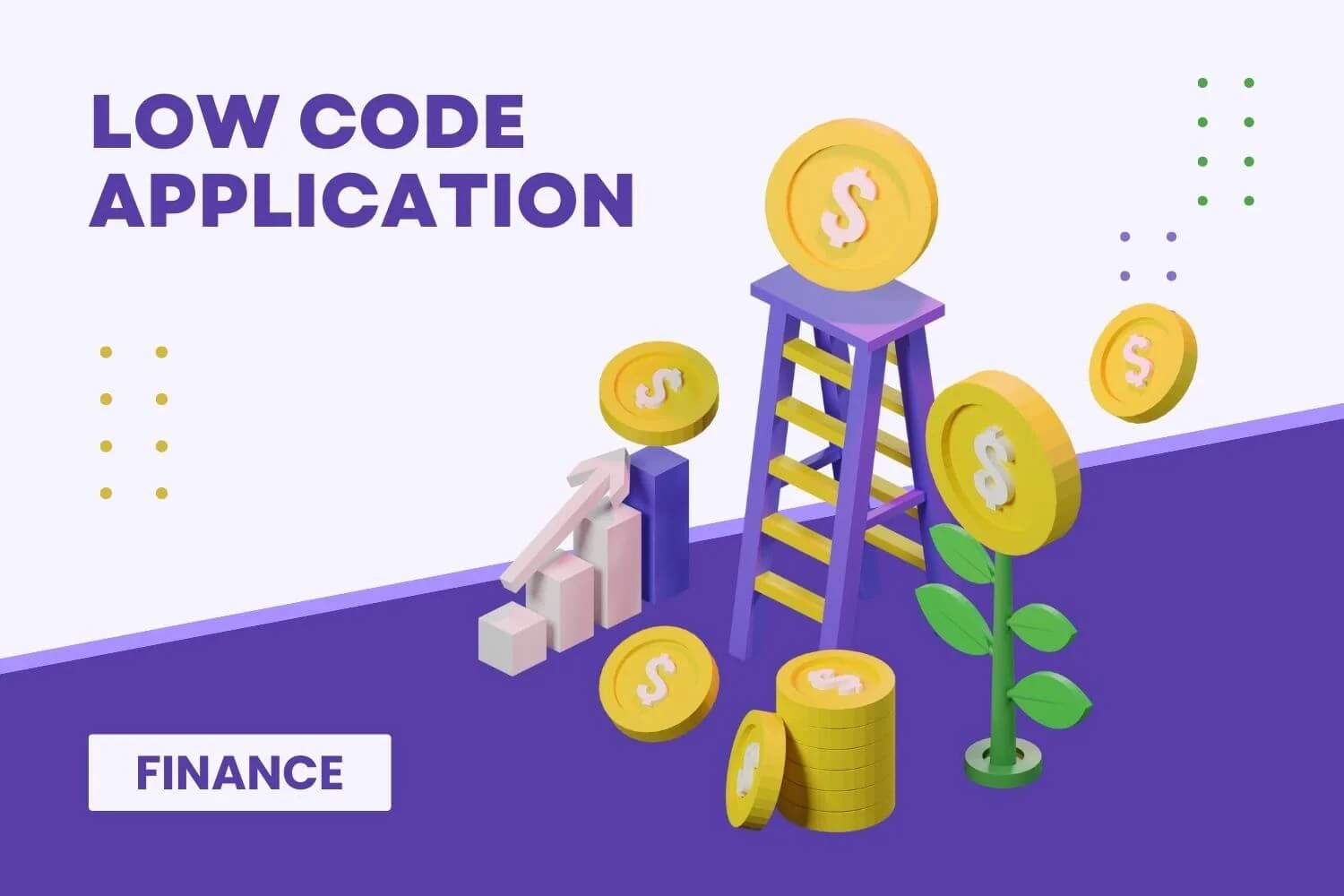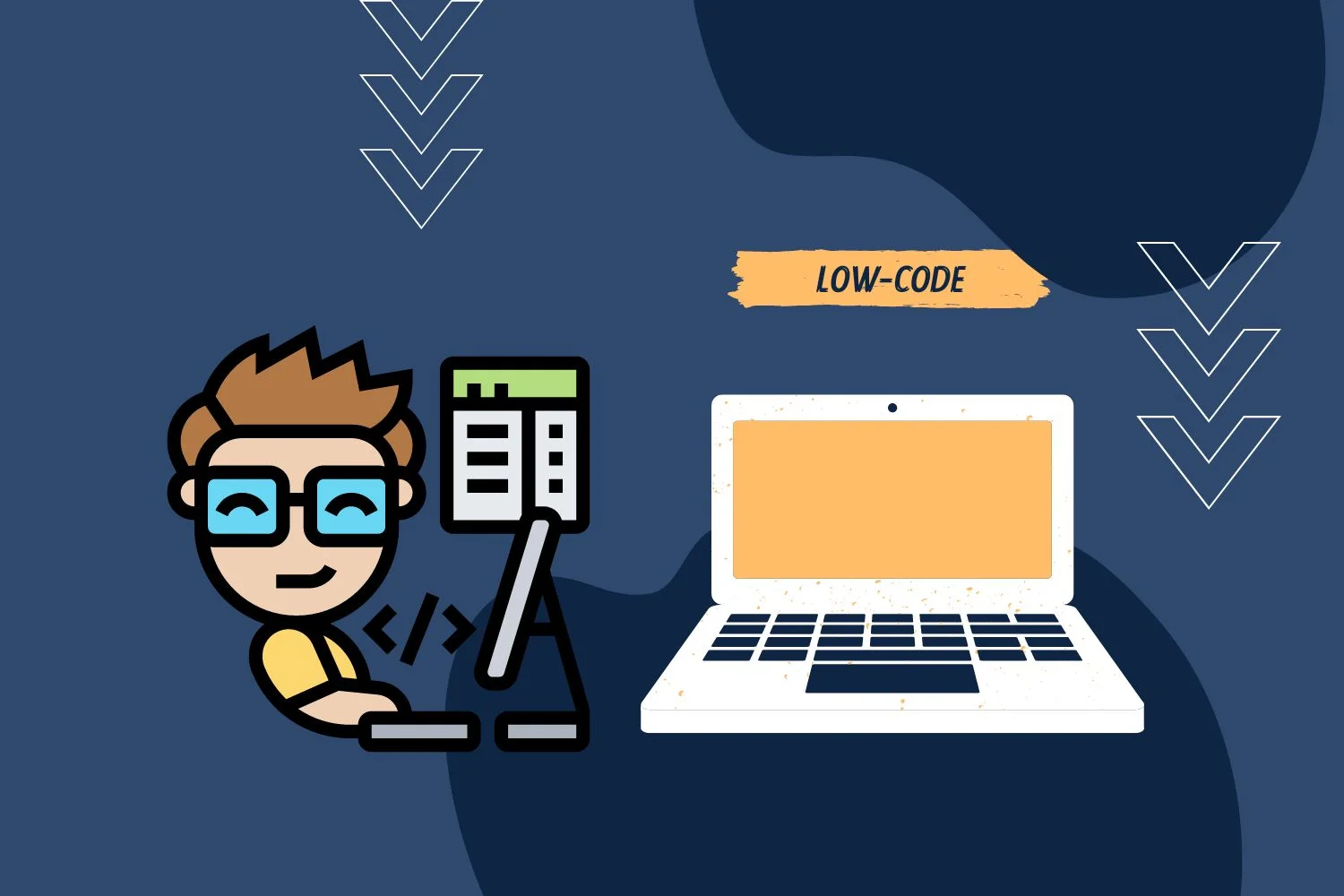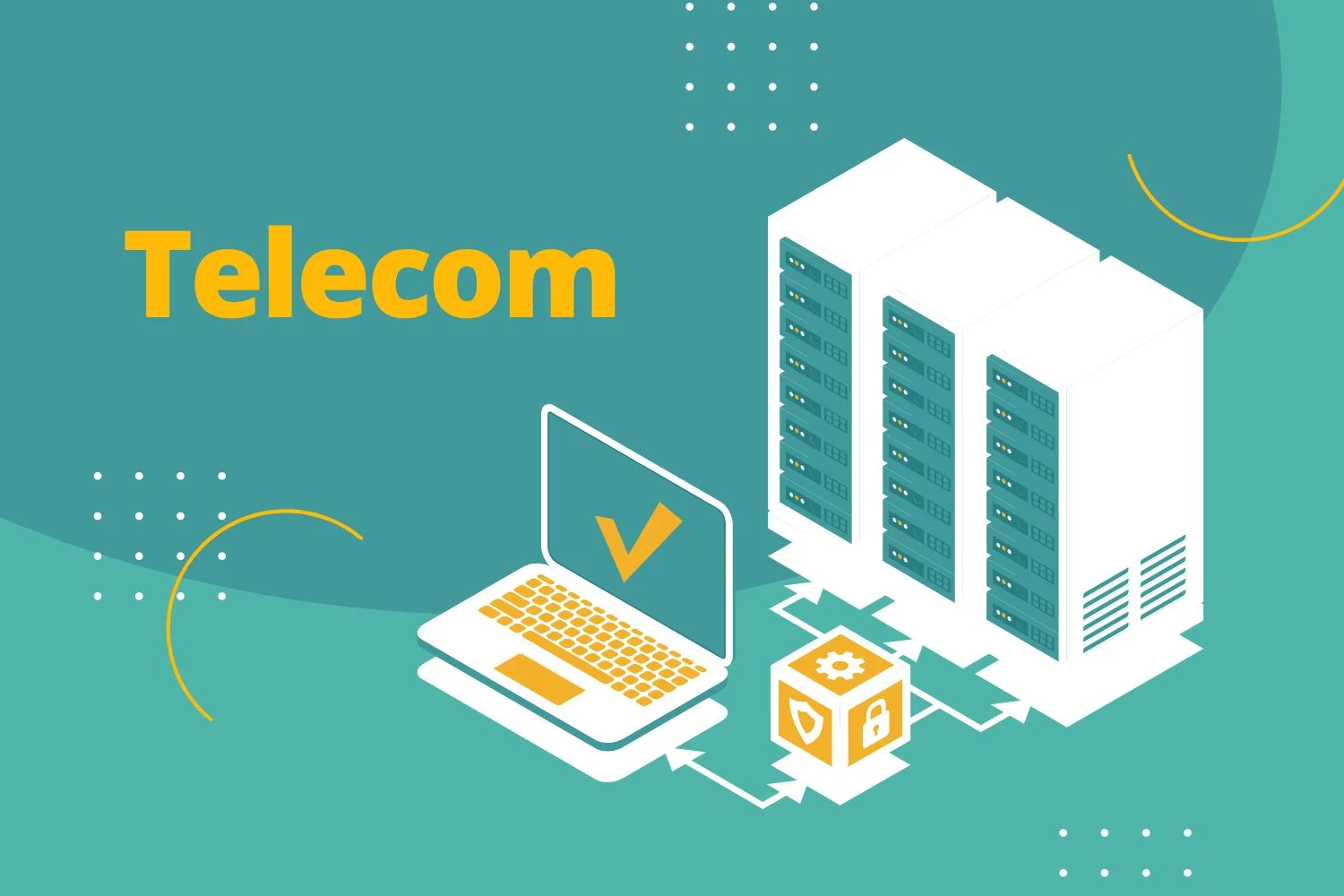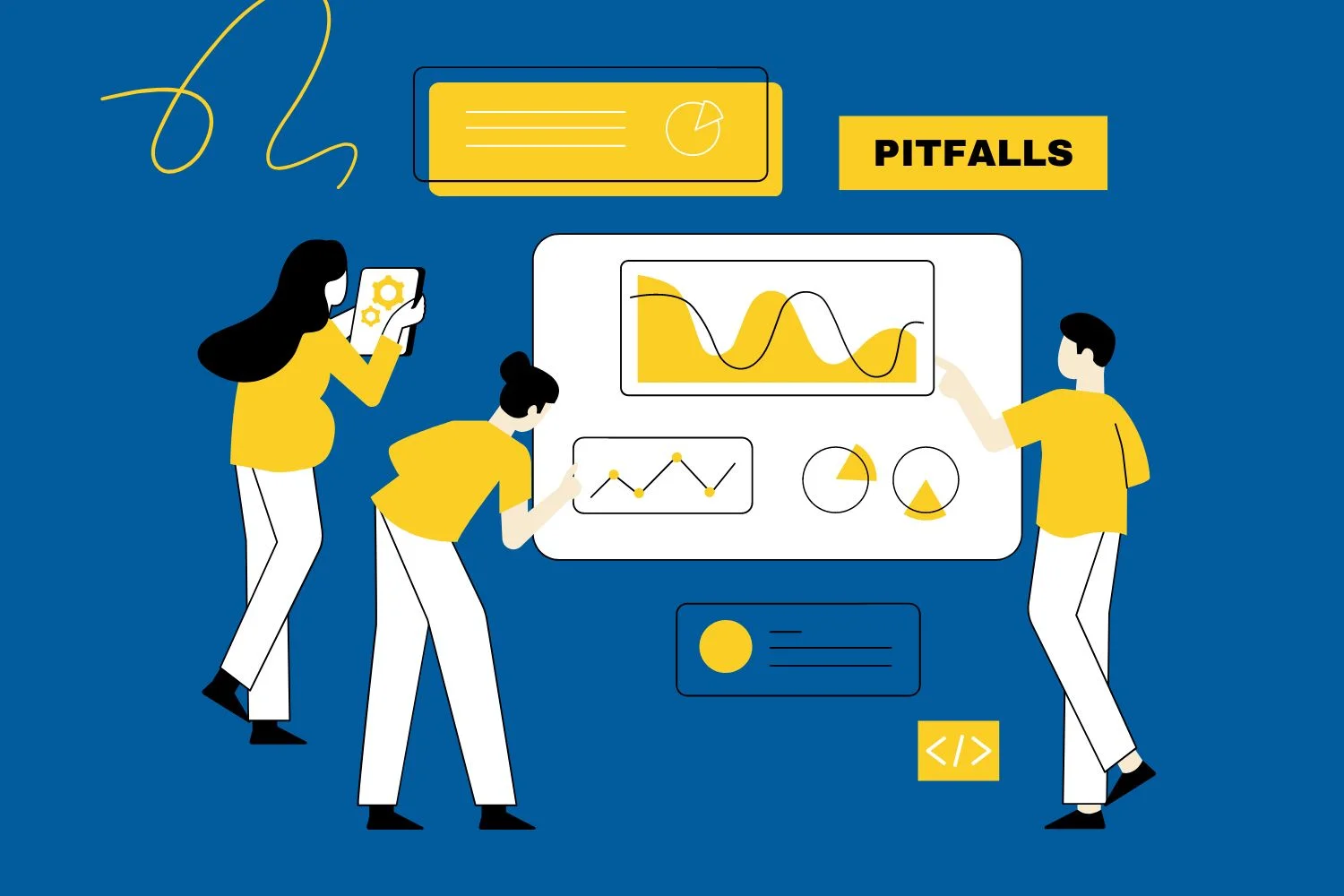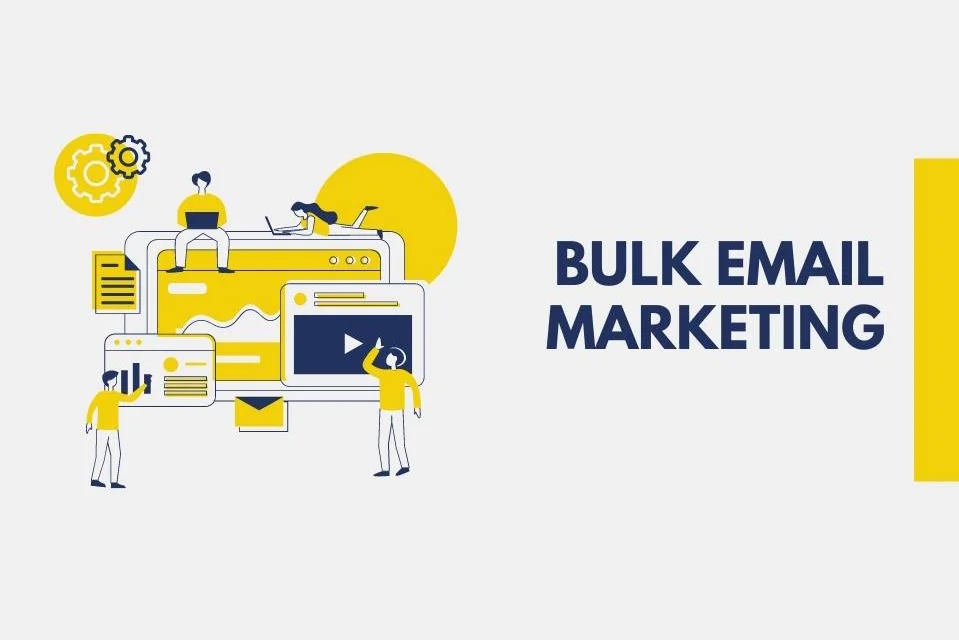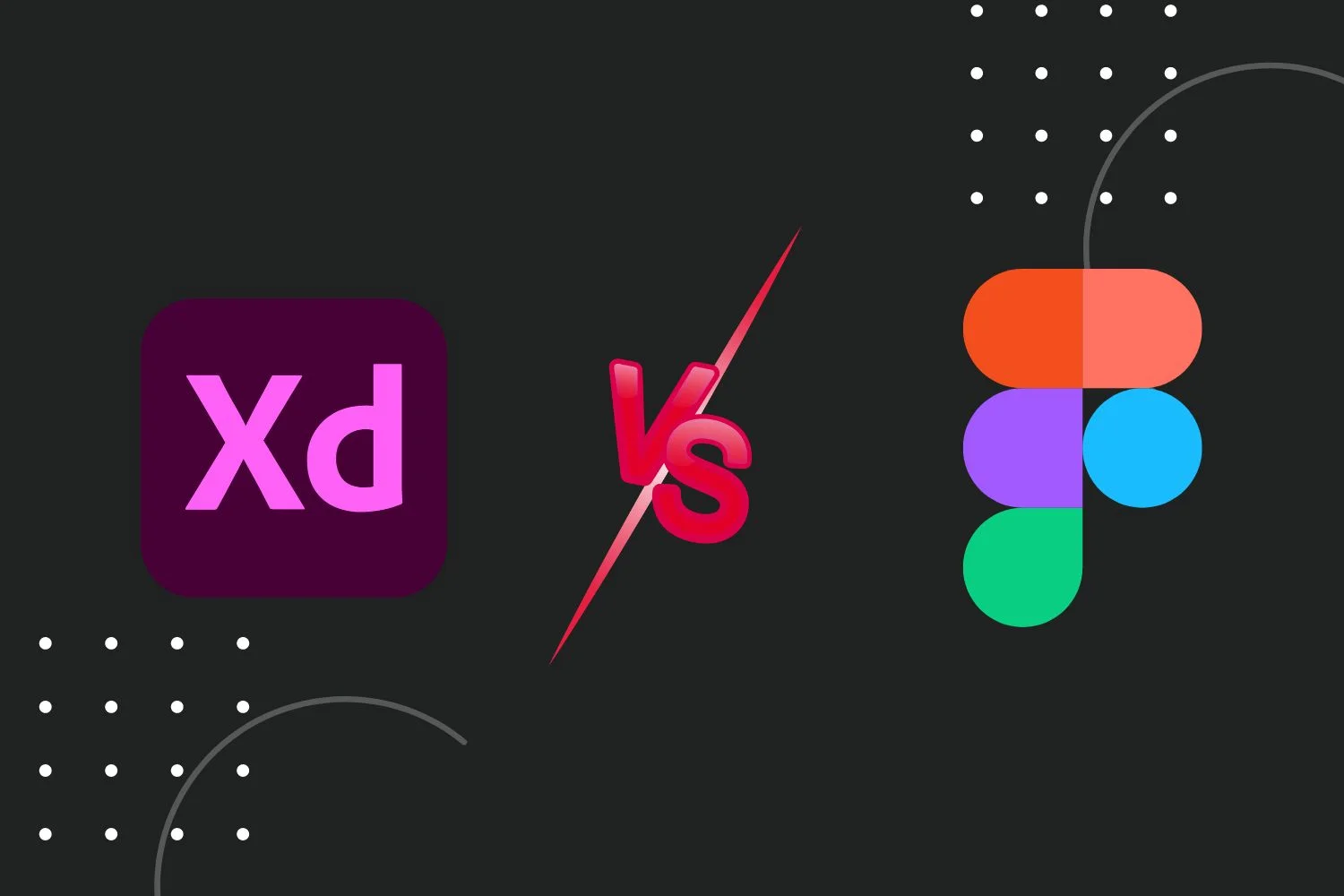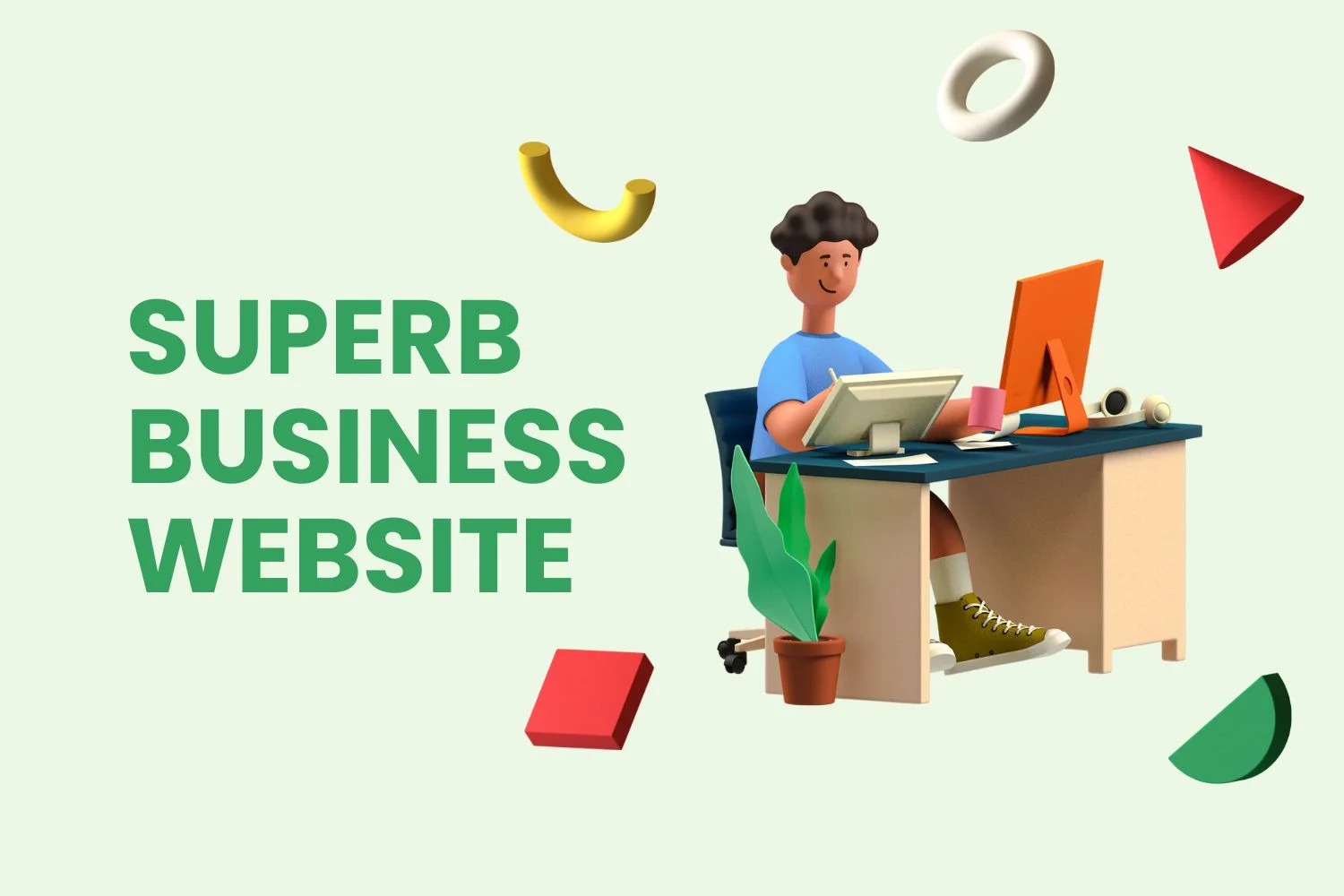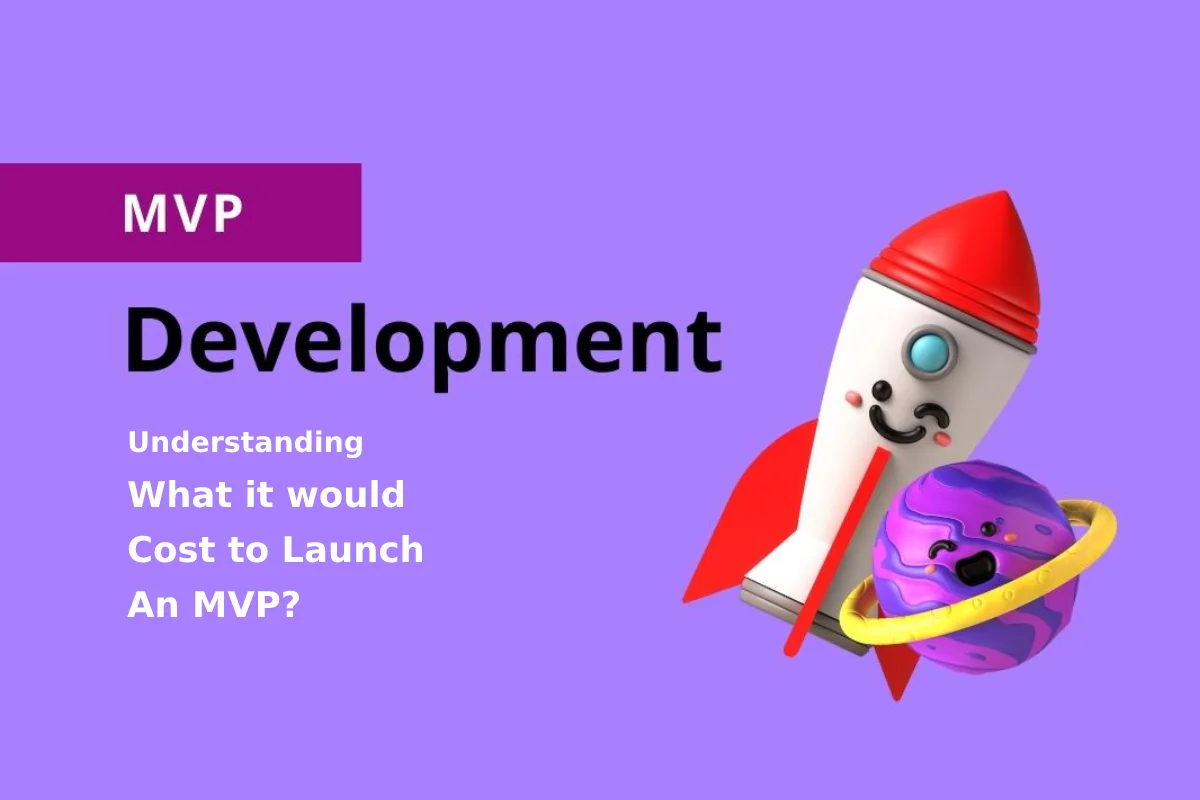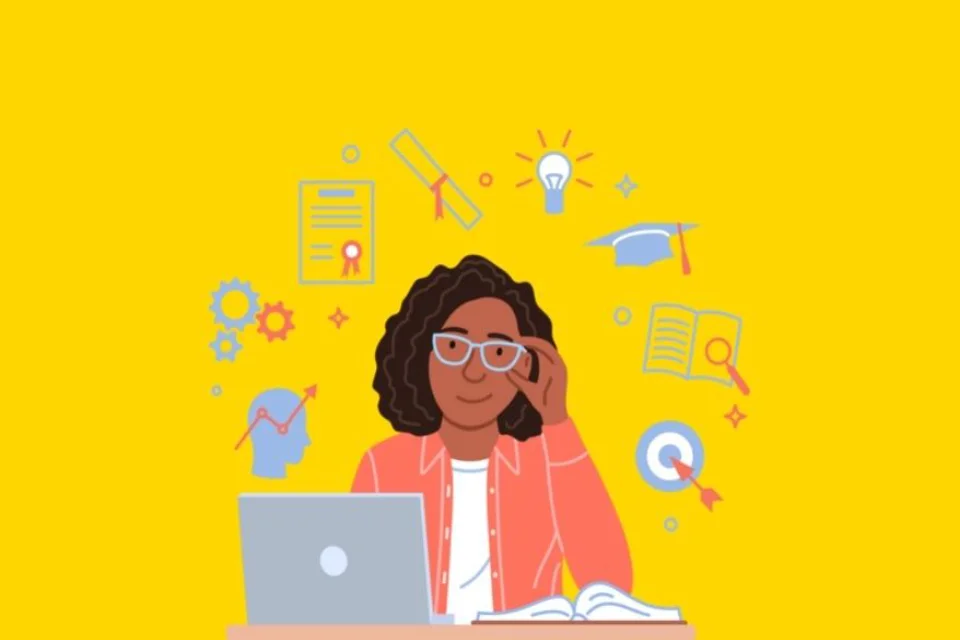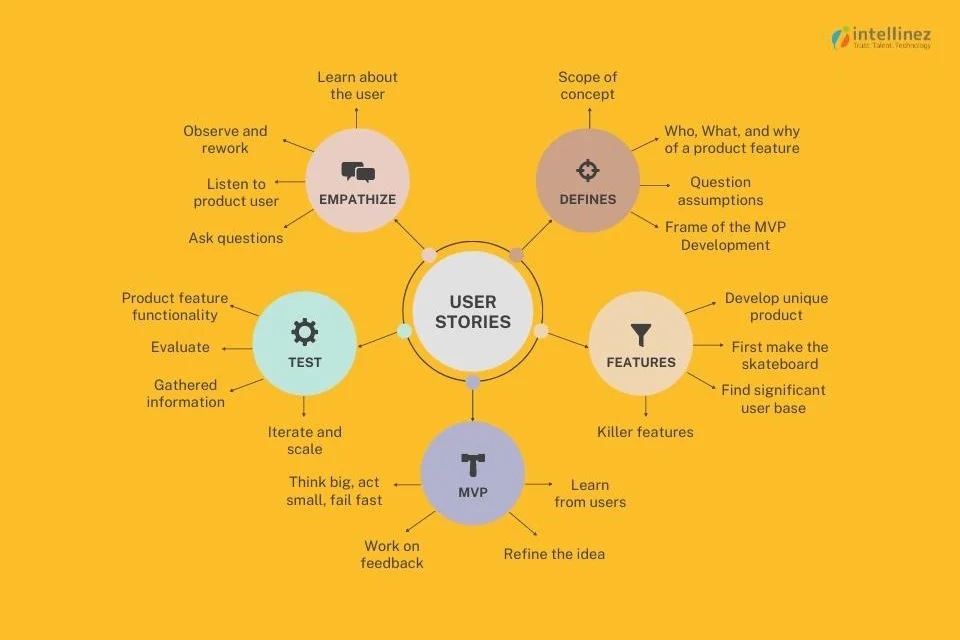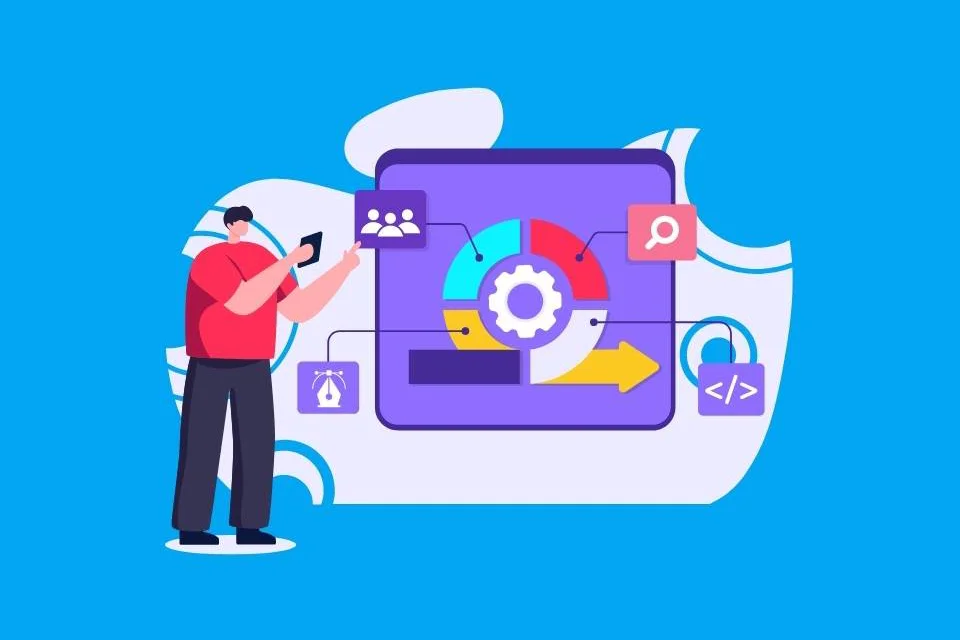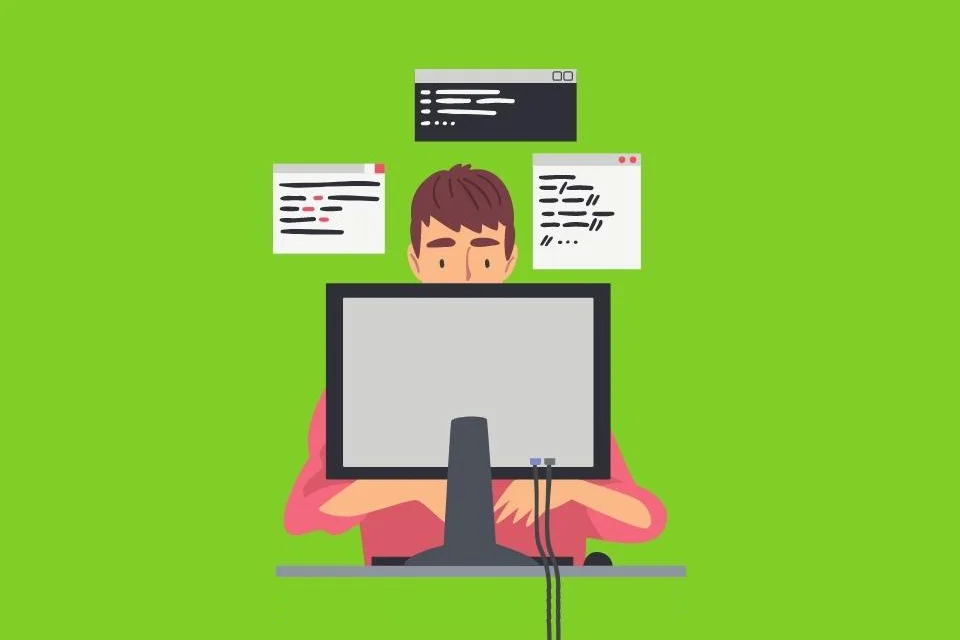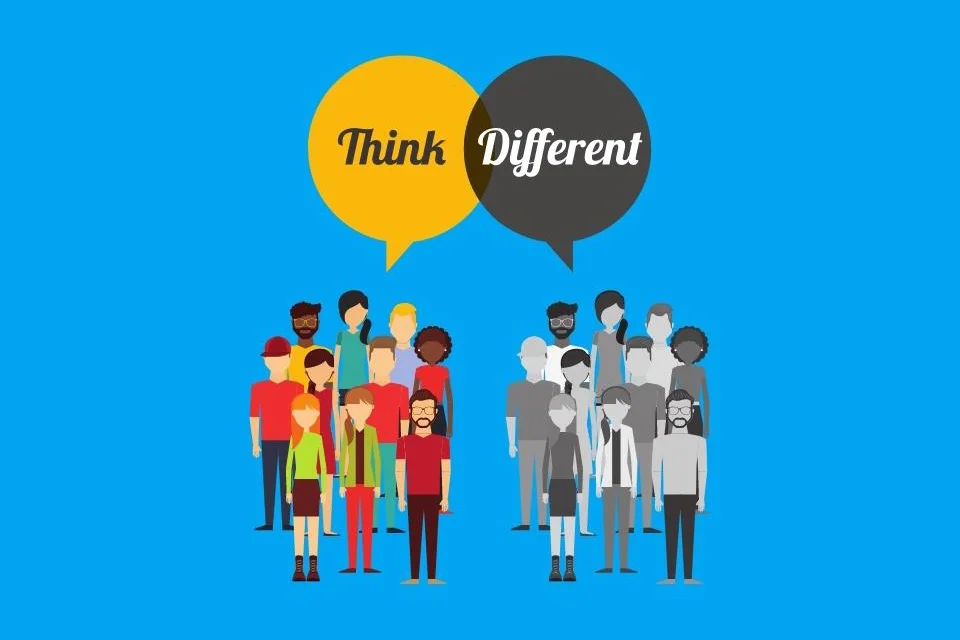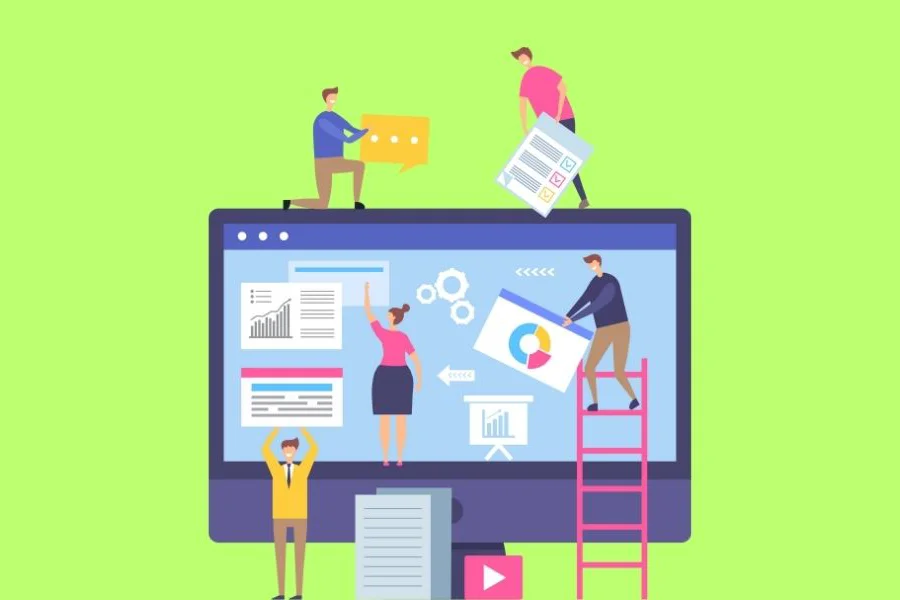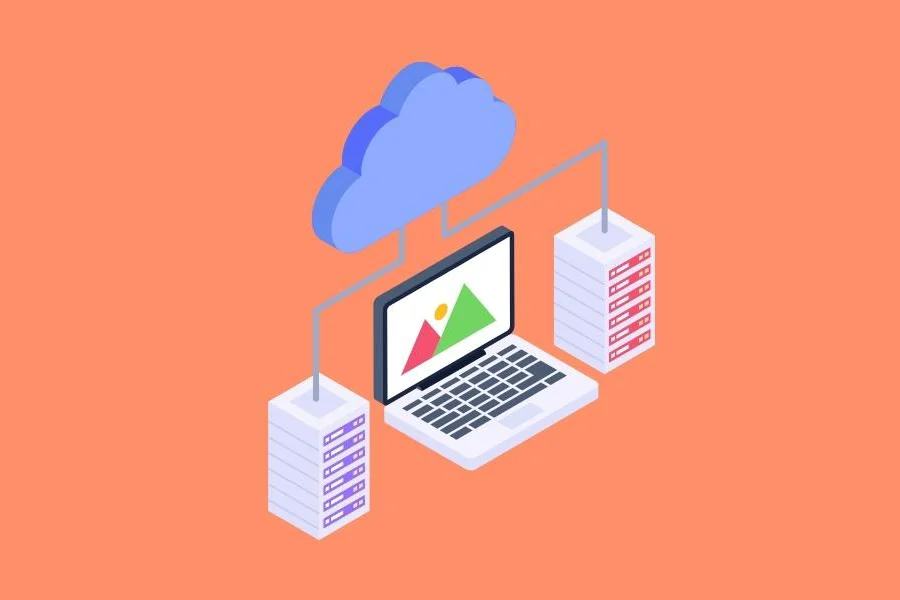- The Use Of Blockchain Technology In The Education Sector
- Advantages Of Blockchain Technology For The Education Sector
- Smart Contracts For Upskilling And Learning
- Ledger Technology For Maintaining Student Records
- Simplifying Fee Payments
- Digital Wallets For Storing Educational Resources
- Adopting Blockchain In Education: Challenges And Considerations
- How To Overcome Challenges To Adopt Blockchain In Education Sector?
- Conclusion
The education industry has rightfully achieved comparable importance to finance and healthcare. However, there are several areas within the sector that could benefit from advanced technology implementation. As the global online education industry continues to grow exponentially and is projected to reach a valuation of $200 billion by 2030 (Source: Custom Market Insights), integrating innovative technologies is crucial for fostering continued progress.
Blockchain technology is the latest and greatest addition to the online edtech space, and it is expected to become an integral part of all educational institutions in the next few years. The education industry is soon to realize the undeniable benefits of blockchain.
Are you new to Blockchain technology? Don’t fret! It’s the foundational technology for cryptocurrencies and can be used to store data. In fact, it’s already benefiting industries like manufacturing, supply chain, and healthcare. Now, it’s time for the education industry to reap the rewards.
The Use of Blockchain Technology in the Education Sector
Blockchain is a secure digital tool that allows for the safe and accurate storage of information. Its immutable nature means that data cannot be changed without permission, making it an ideal solution for various educational applications. For instance, Intellinez can leverage blockchain to develop a system that recognizes students’ skills and rewards them accordingly for their assignments.
In addition, blockchain technology can automate the grading process of exams and securely store the results, reducing the likelihood of fraudulent activity. It can also enhance transparency and integrity by recording accreditations. Moreover, blockchain can motivate students and teachers to excel by offering unique credit and rewards. With its capacity to simplify record-keeping and improve convenience, blockchain has endless potential in the education sector.
Advantages of Blockchain Technology for the Education Sector
Blockchain technology offers several advantages over traditional education systems, including its decentralised and immutable nature, which promotes innovation and peer-to-peer problem-solving. One of its most significant benefits is fraud prevention, thanks to its encryption and sequential recording of information.
Smart Contracts For Upskilling And Learning
The use of smart contracts can bring a transformational change in the education sector by enabling students to learn and acquire new skills. Educators can program entire courses into the system, and students can receive certificates and badges for completing different modules or quizzes.
These contracts automate the issuance of credentials, eliminating the need for manual verification and incentivizing students to keep learning through rewards in the form of tokens or cryptocurrencies that can be exchanged for valuable goods or services.
Ledger Technology for Maintaining Student Records
As students acquire certificates and badges from various sources, it becomes increasingly challenging to keep track of their achievements. Blockchain technology provides a decentralized ledger for maintaining student records, empowering them to maintain control over their records and share them with employers or other institutions as needed.
This technology also helps institutions verify student credentials instantly and reduce fraud, promoting transparency and efficiency in the education sector.
Simplifying Fee Payments
The implementation of blockchain technology has the potential to simplify fee payment processes in the education sector. By creating a tamper-proof ledger of all financial transactions, institutions can track payments more efficiently and identify any discrepancies. Furthermore, blockchain can eliminate intermediaries in payment processes, leading to faster and more secure transactions.
This can increase transparency and decrease the risk of fraud. By utilizing blockchain technology for fee payments, educational institutions can save time and resources while improving the overall payment experience for students and their families.
Digital Wallets for Storing Educational Resources
Blockchain technology has the potential to revolutionize the education sector by creating digital wallets for students to store their syllabus, study materials, and educational resources. By implementing a decentralized system, students can have secure access to their educational resources from anywhere in the world.
In addition, blockchain technology enables educators to open-source books and other educational materials, providing students with free access to resources that were previously only available at a premium. This approach can significantly reduce the cost of education and increase access to resources, especially for those in low-income communities.
Adopting Blockchain in Education: Challenges and Considerations
While the benefits of blockchain technology in education are significant, adoption still faces several challenges, including security, scalability, and cost. One of the most significant barriers to adoption is a lack of interest and trust among higher education institutions, according to a survey by Gartner.
Building Trust in the Blockchain Ecosystem
For blockchain to become a trusted solution for educational credentials and records, institutions and employers must be willing to rely on it. However, many institutions are still hesitant to adopt blockchain due to concerns about data security and privacy.
Investing in Infrastructure and Expertise
Integrating blockchain technology can be costly due to the need for specialized computing power and infrastructure changes. Additionally, many institutions lack the necessary expertise to manage student data effectively on the blockchain, requiring investment in educating administrators and staff to realize the full potential of the technology.
Ultimately, overcoming these challenges and embracing blockchain technology in education has the potential to bring significant benefits, such as increased security, transparency, and efficiency, as well as reducing costs and improving access to education.
How to Overcome Challenges to Adopt Blockchain in Education Sector?
Blockchain technology offers many potential benefits, but there are also challenges that need to be addressed for its adoption in the education sector. Here are some solutions:
- Educate stakeholders about the strengths and utility of blockchain to raise awareness and build trust in the technology.
- Encourage collaboration and standardization among organizations in the industry to develop education and applications that are compatible with different blockchain systems.
- Address scalability issues by using side chains, proof-of-stake networks, and layer-2 blockchains to promote interoperability and scalability.
- Develop scaling solutions that address the challenges of blockchain technology and make it more accessible to businesses and end-users.
Conclusion
Blockchain technology has enormous potential to revolutionize any sector, but its adoption faces typical challenges of novel technologies. It takes time for technological developments to mature and stabilize, and blockchain is no exception. However, with the advent of blockchain-as-a-service providers like Intellinez, adoption is expected to increase. Intellinez offers comprehensive support in technology, compliance, and security, making blockchain integration hassle-free and seamless for clients.
Role of Intellinez in Blockchain Adoption
Intellinez is a blockchain technology solutions provider that offers a range of services, including infrastructure development and ecosystem support, to help businesses integrate blockchain technology. Our solutions are designed to be easy to integrate, and our technical support team is always available to assist businesses at any stage of their blockchain journey. Contact us to learn more about how we can help your business adopt blockchain technology.
Soumya Mishra
Technology Leader proficient in engineering and execution of enterprise-level IT projects and providing support services on the same. Possesses the ability to set functional and technical strategies, converting them to an achievable plan of action, and driving them to realize and achieve customer success. Passionate leader believing in leading by example, possessing strong problem-solving skills and a can-do attitude. Adept at handling cross-functional teams across the globe and motivating them to achieve outstanding and sustainable results to meet organizational goals and objectives! Guiding Quote – “Every job is a self-portrait of the person who did it, Autograph your work with excellence”









































![A Comprehensive Guide to AWS SaaS Architecture [Diagram Included] 86 Aws SaaS Architecture](http://www.intellinez.com/wp-content/uploads/2024/08/Title-image.jpg)



